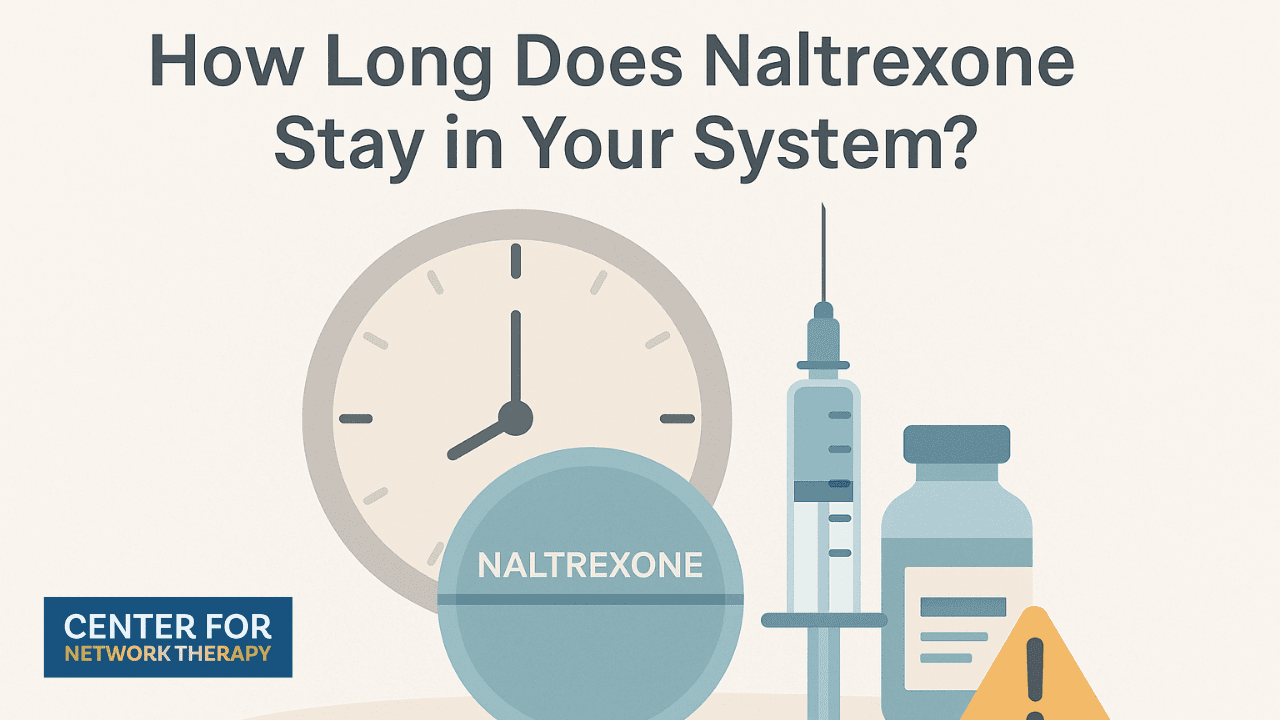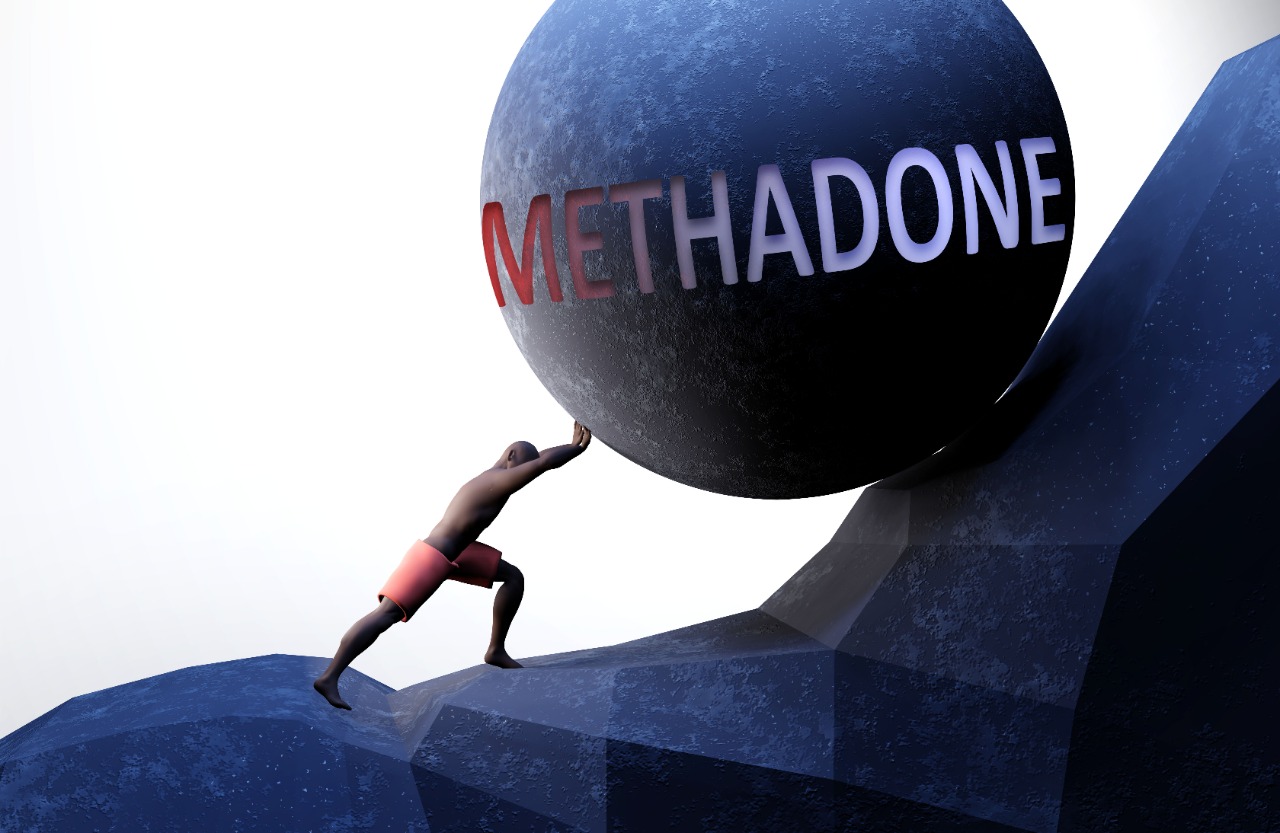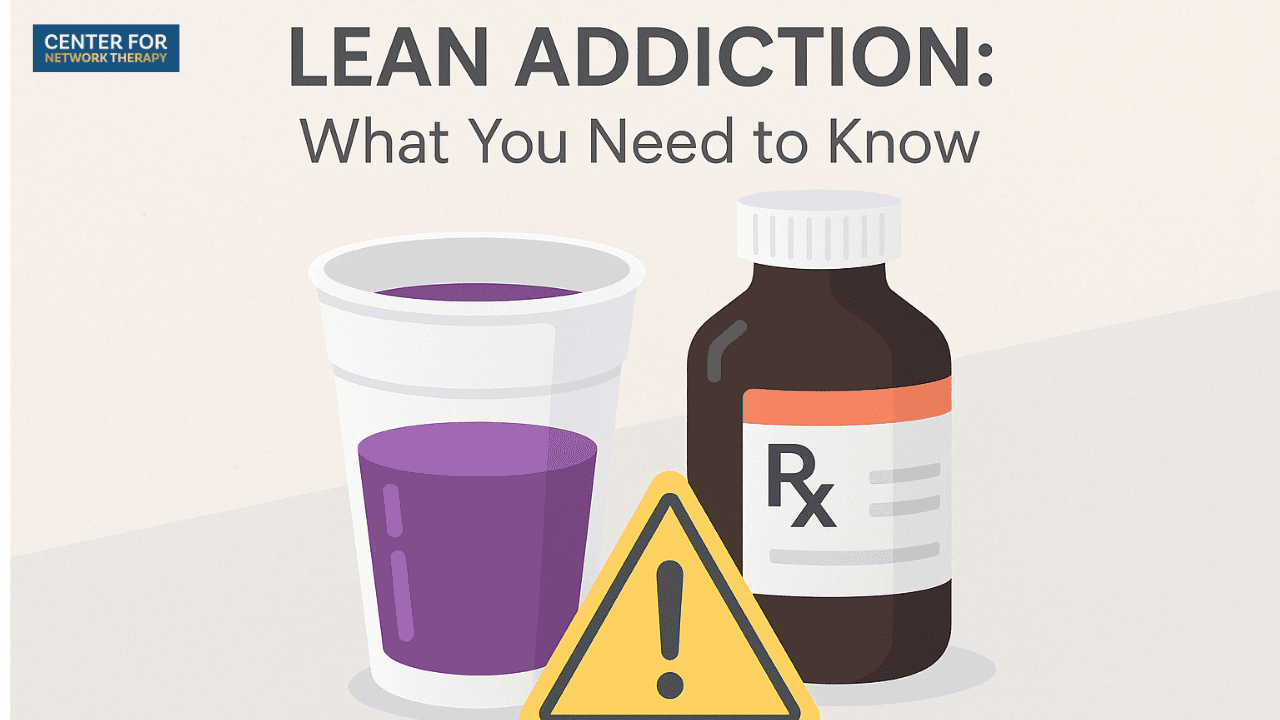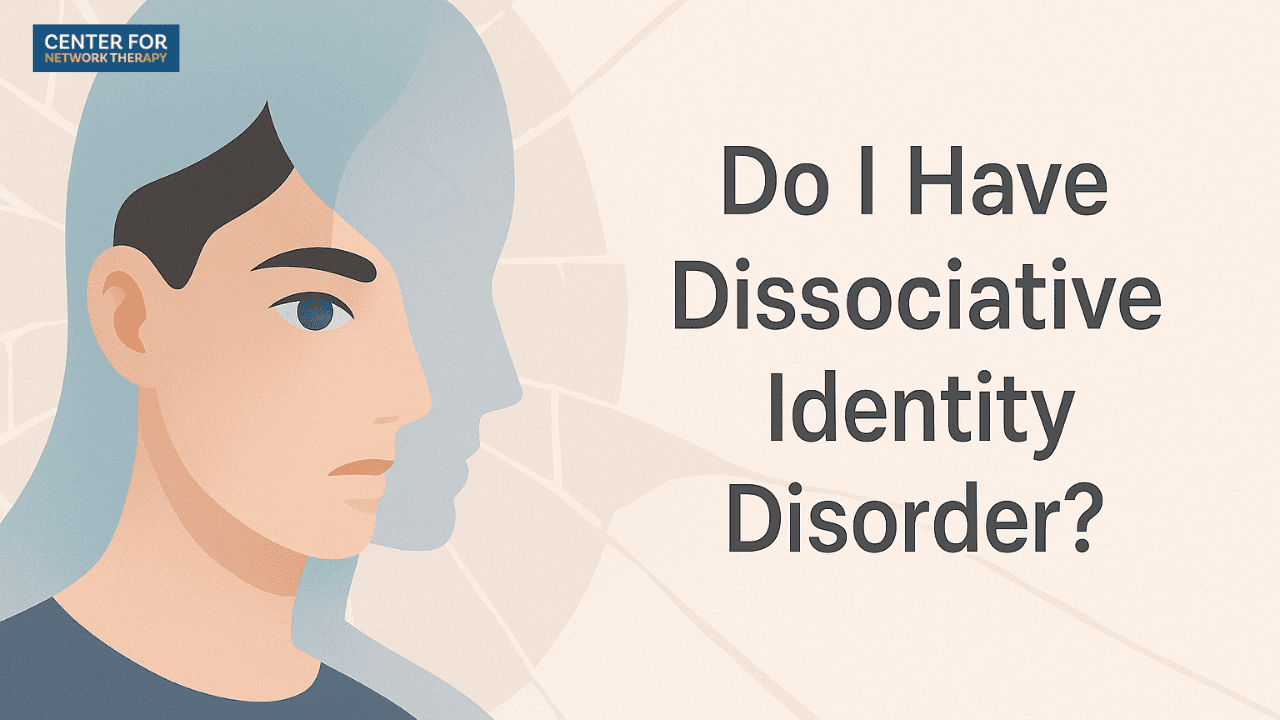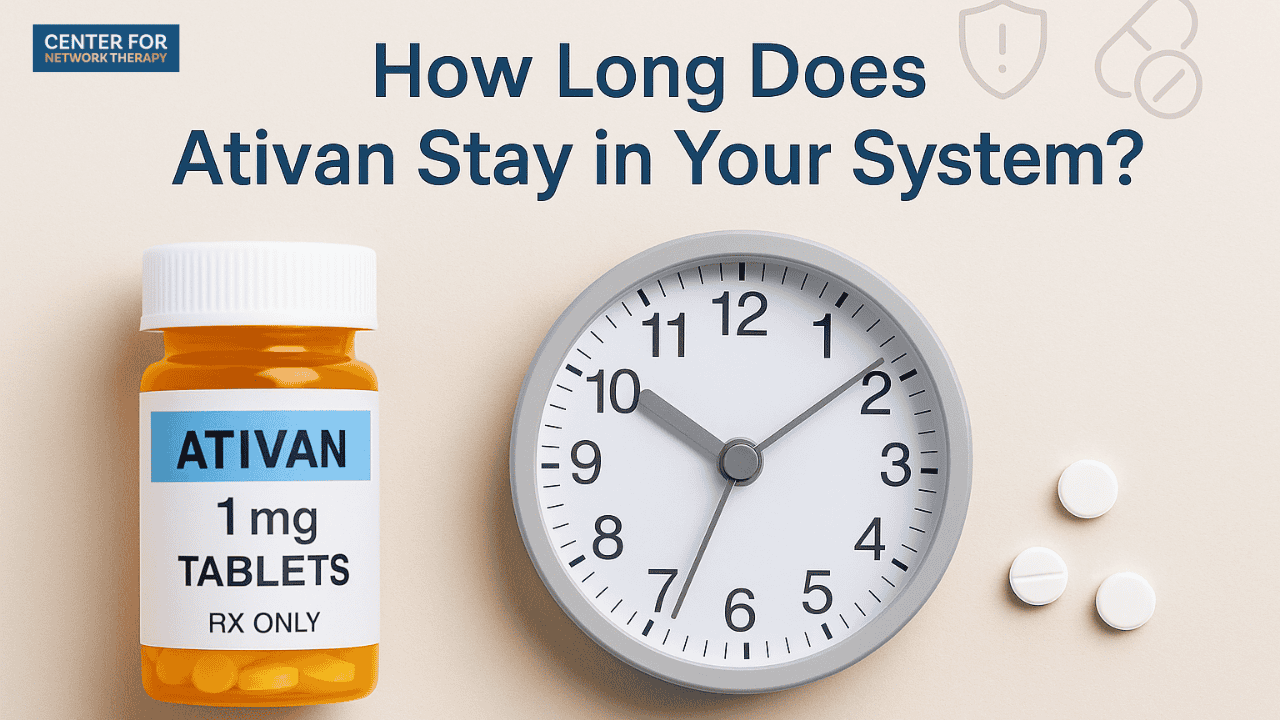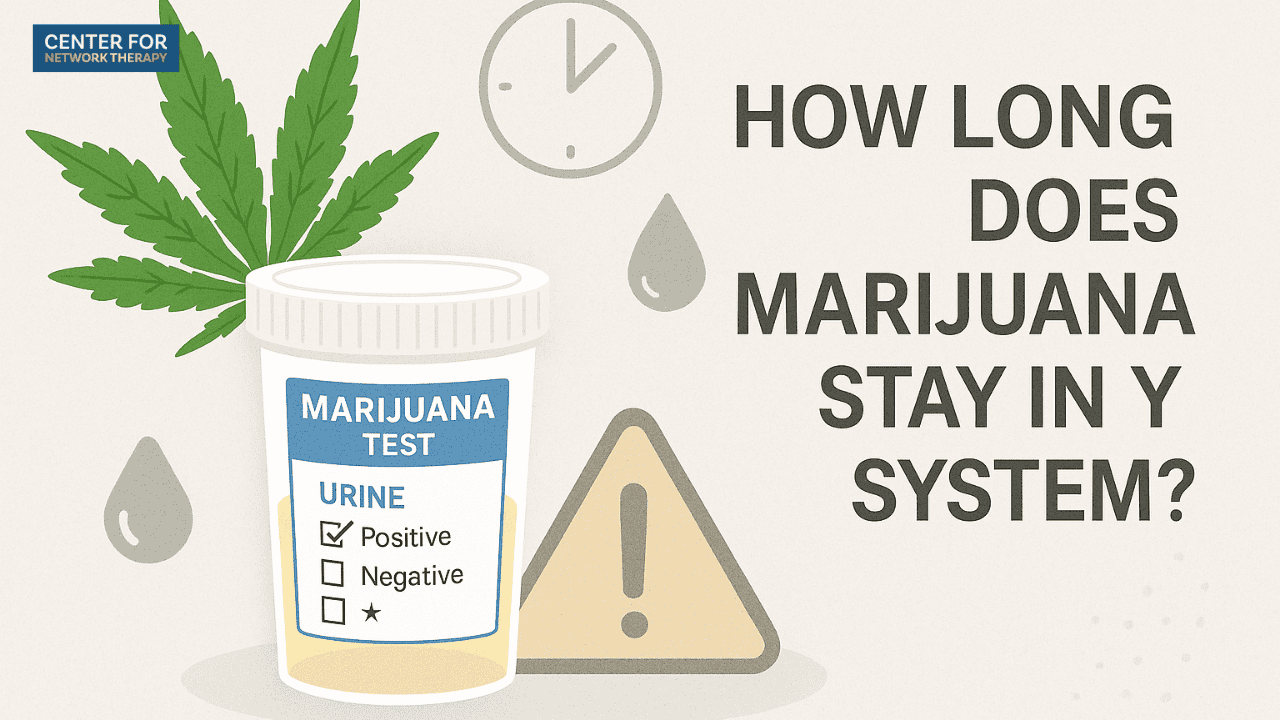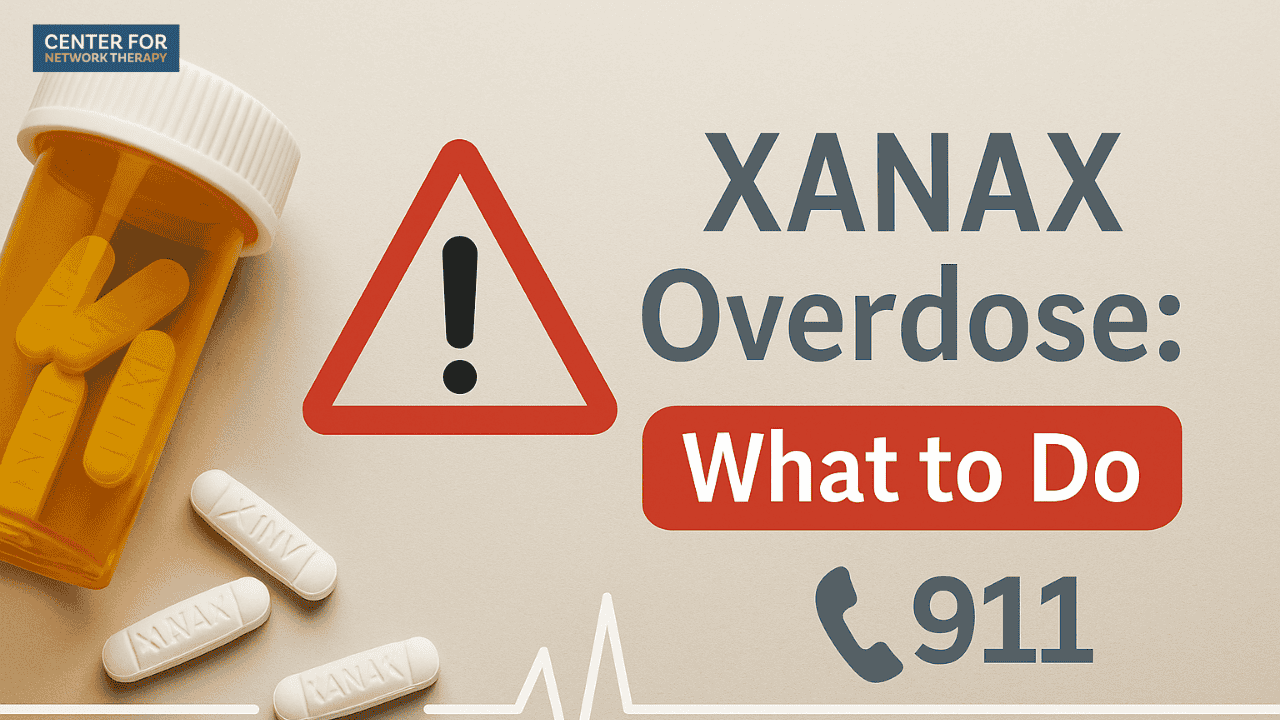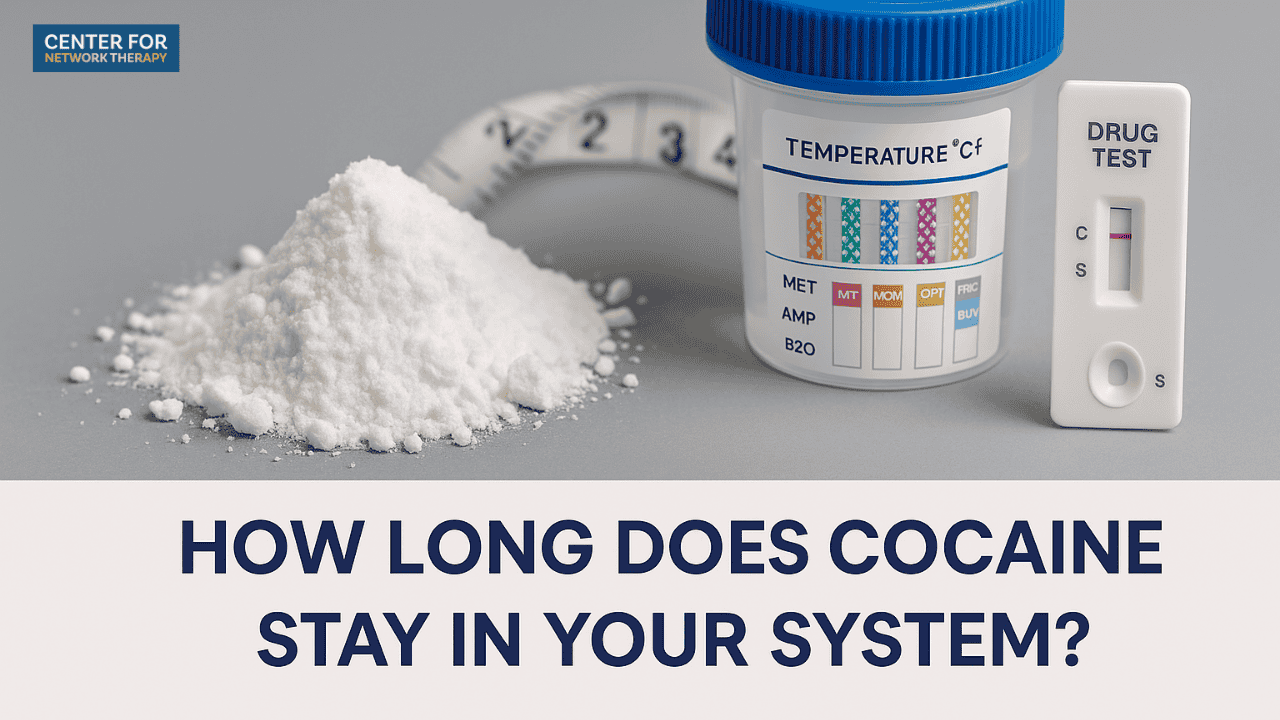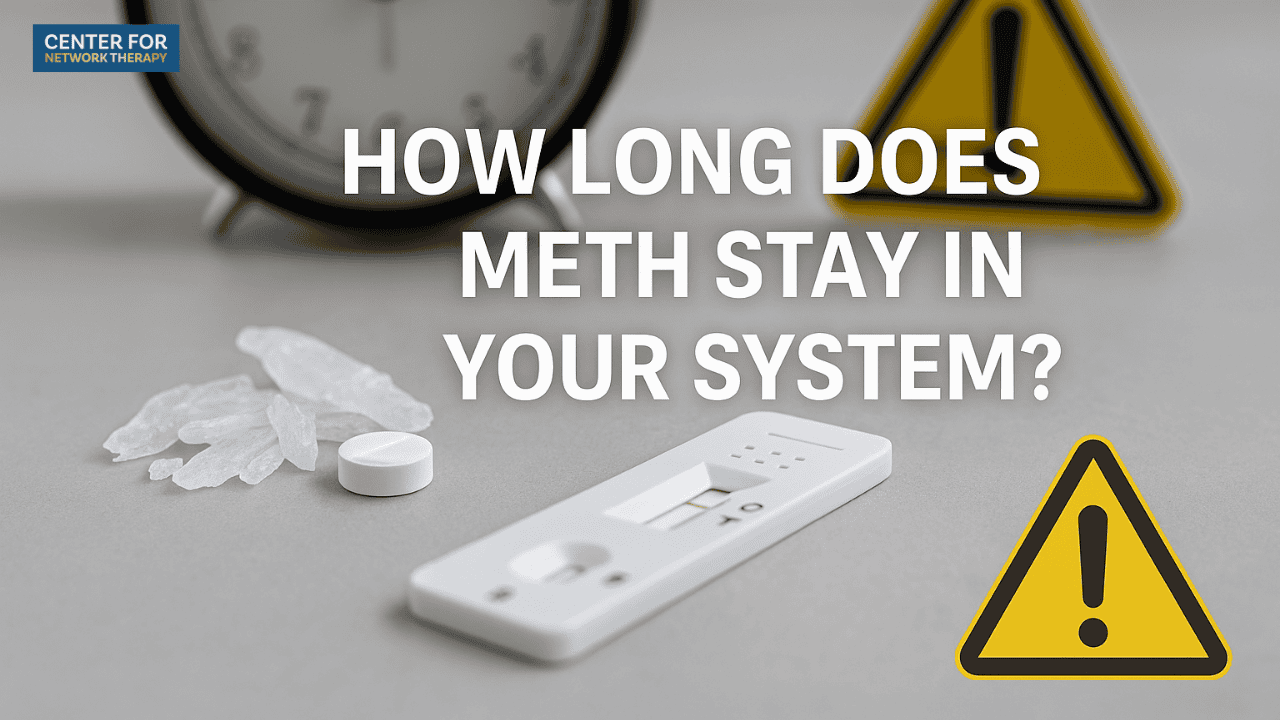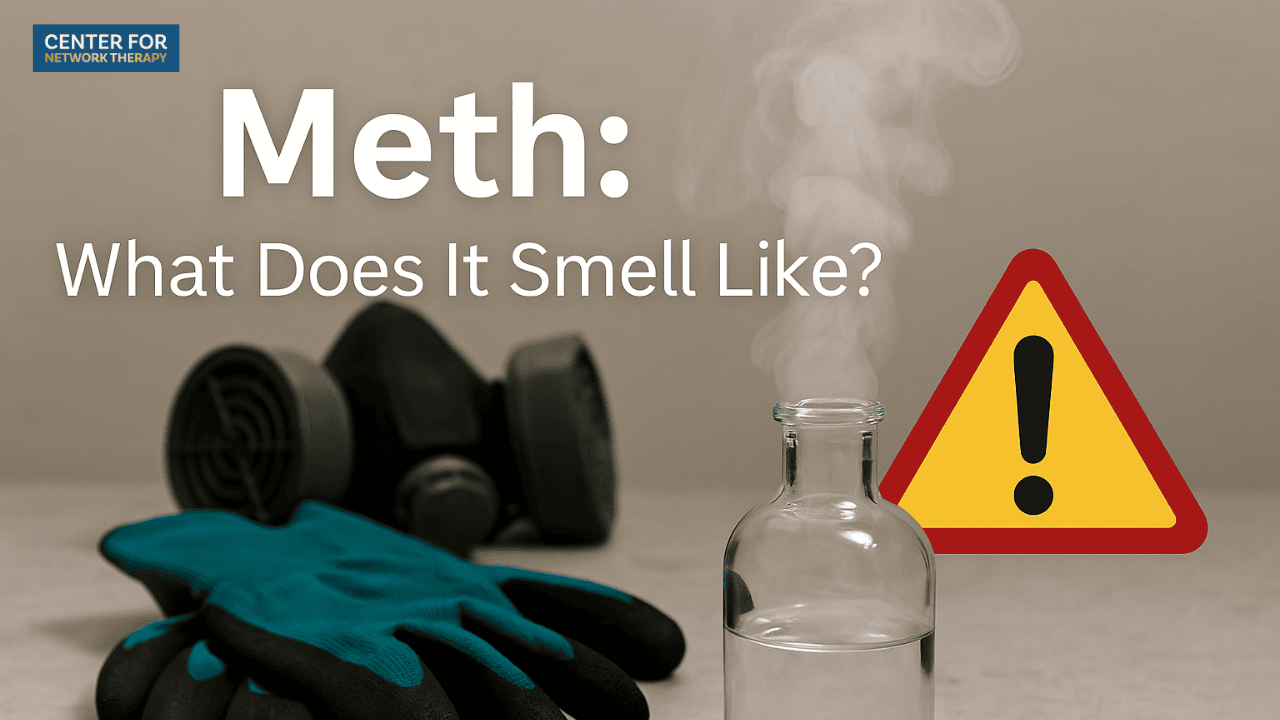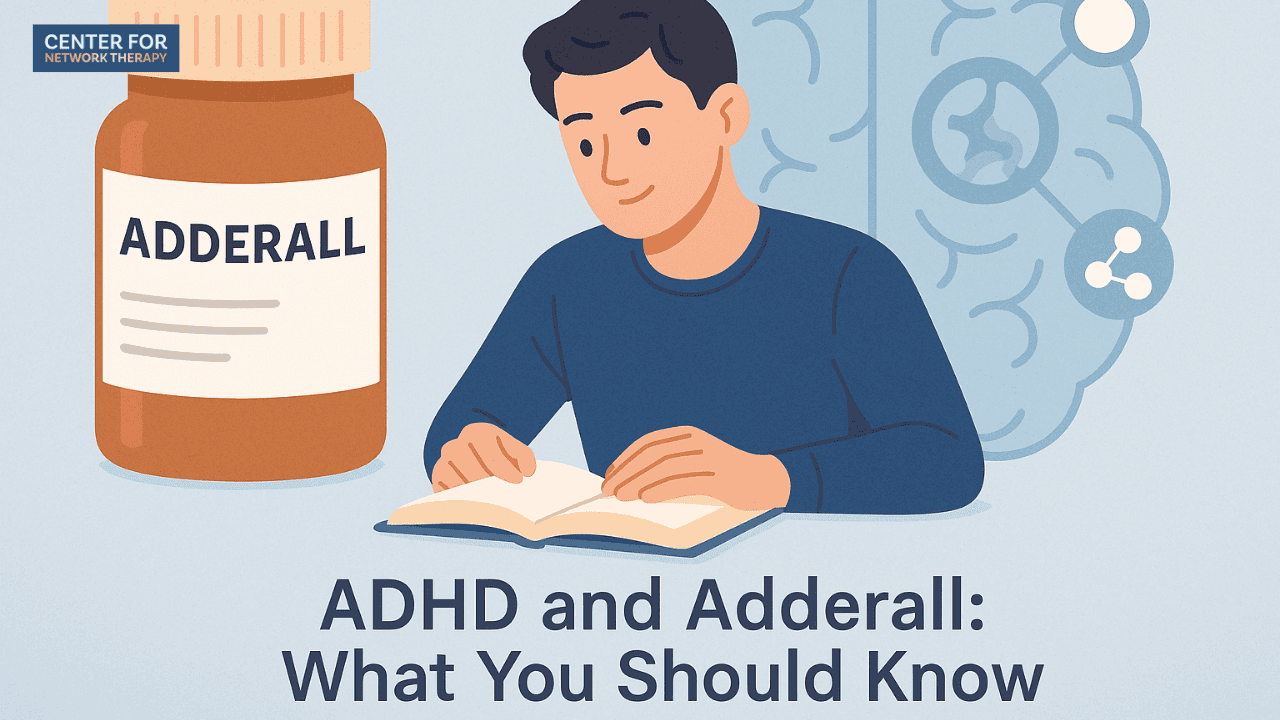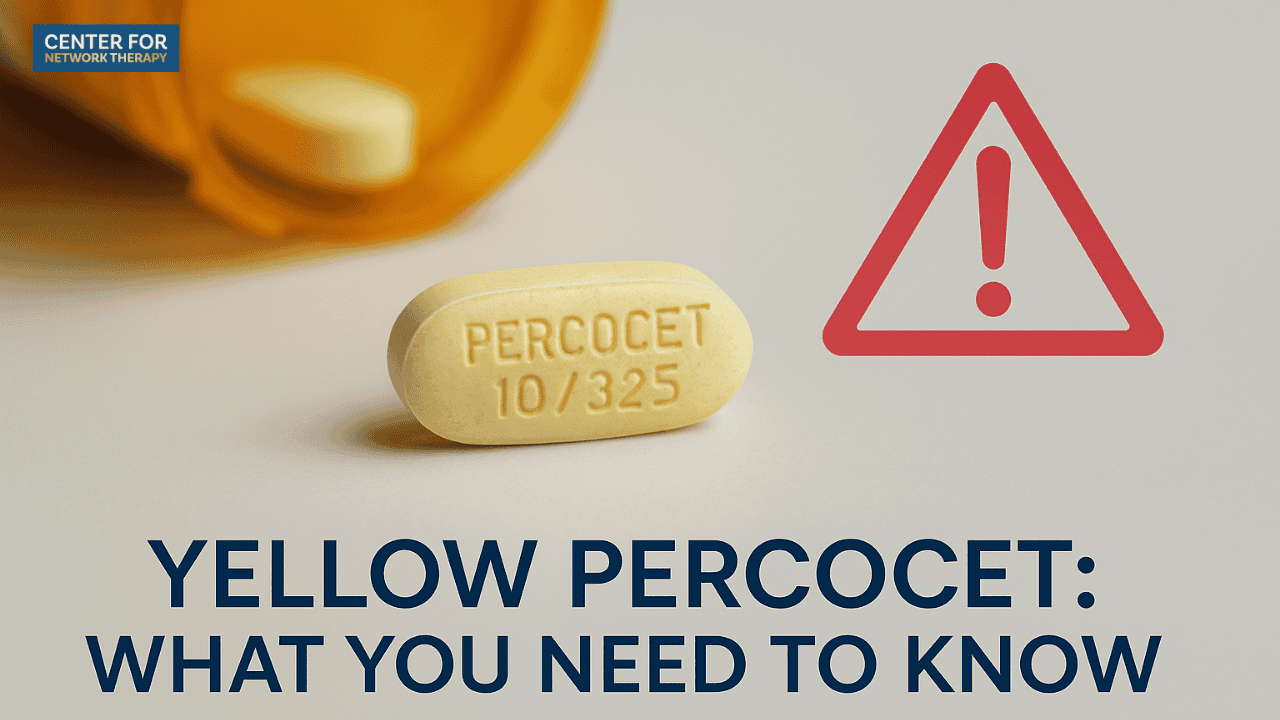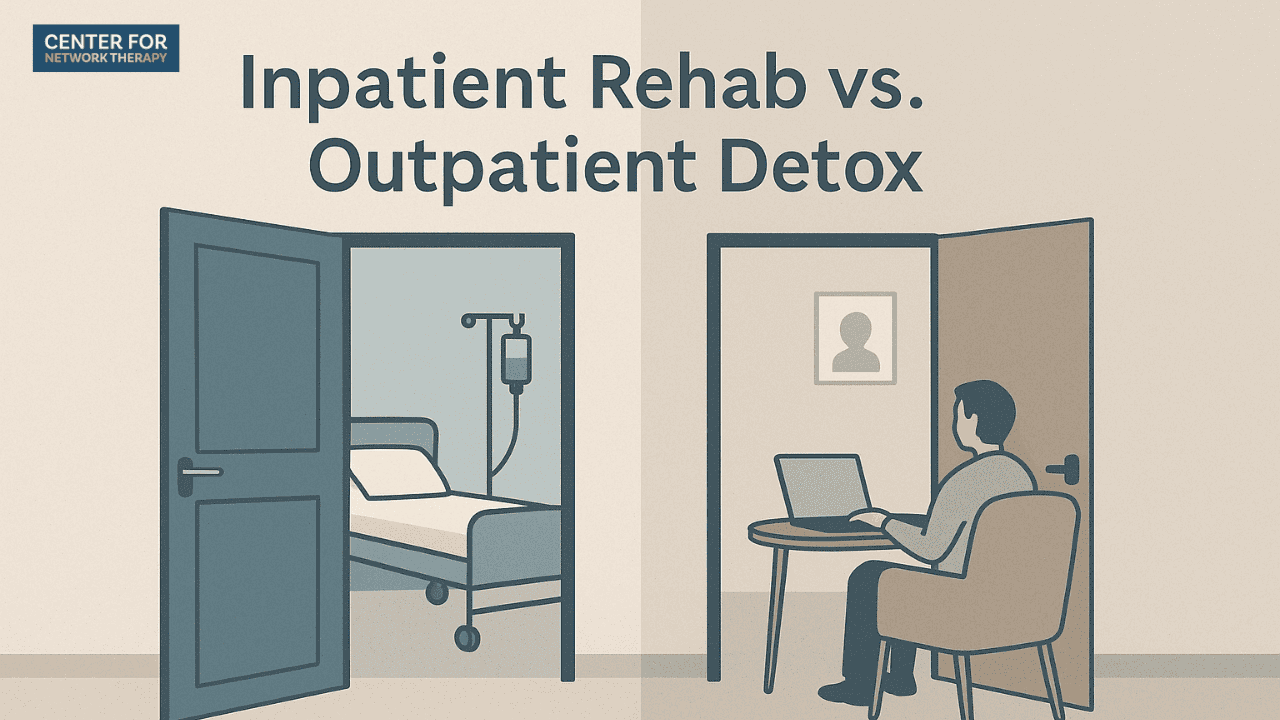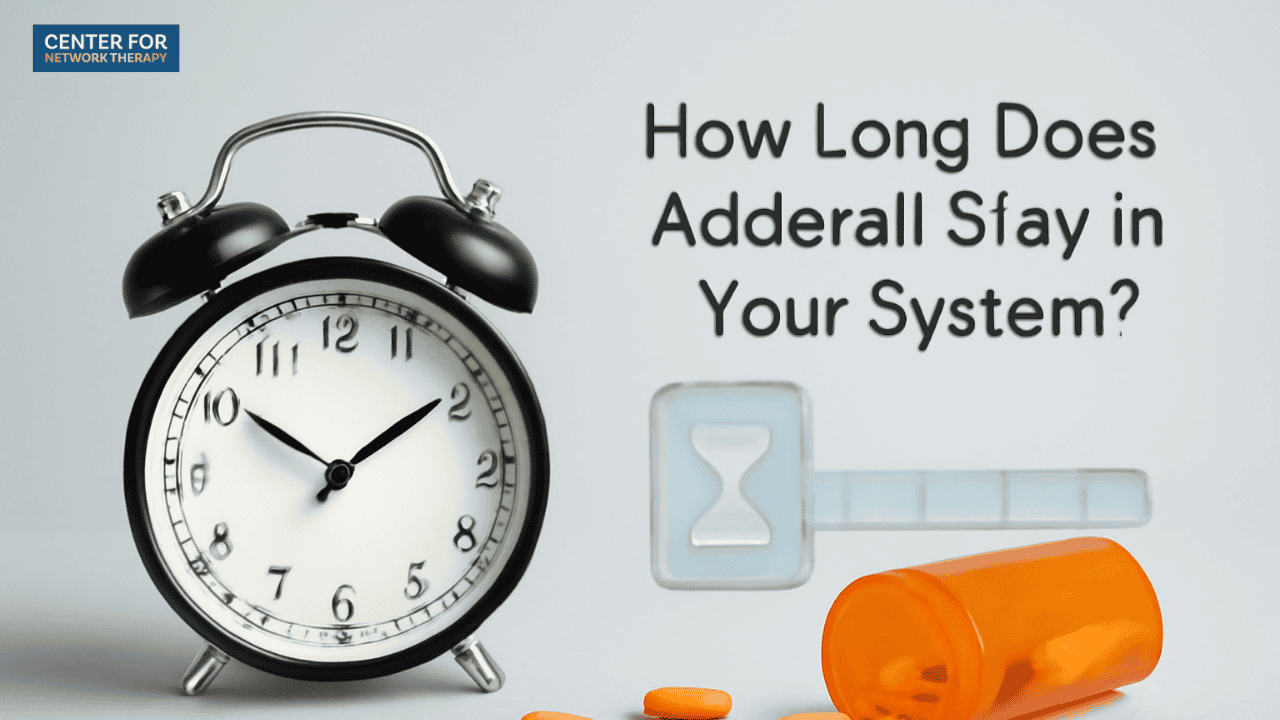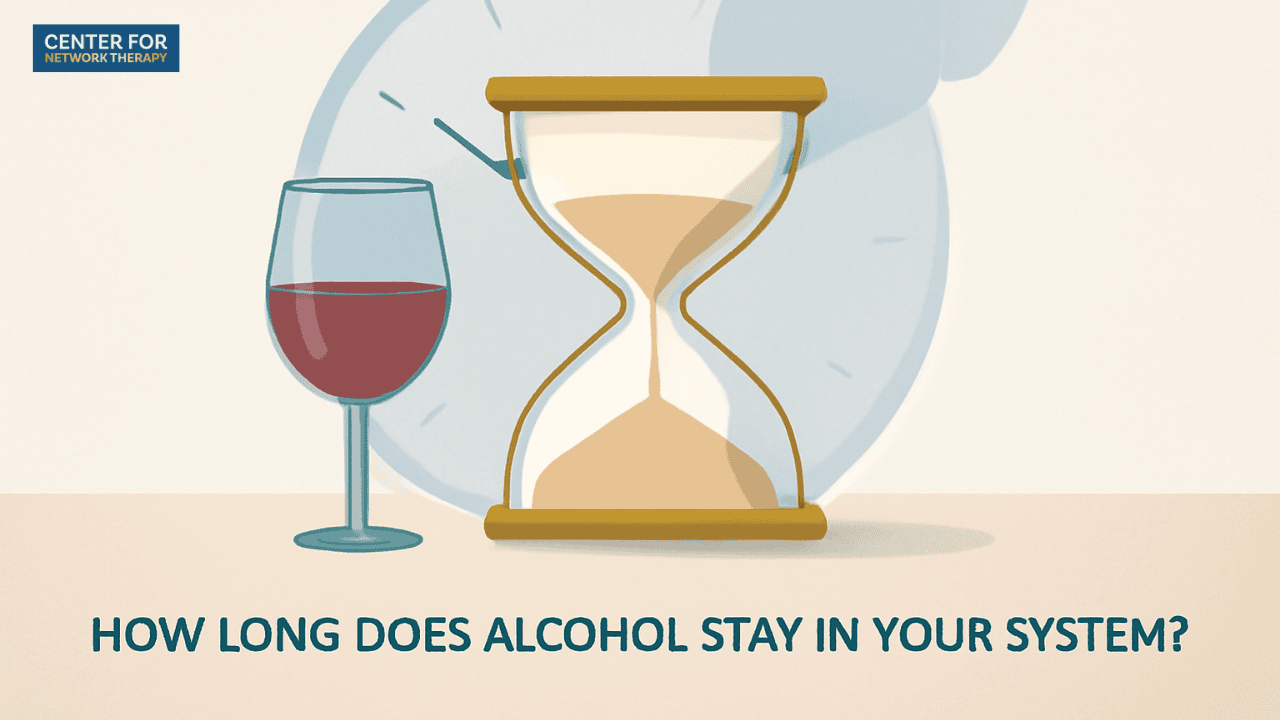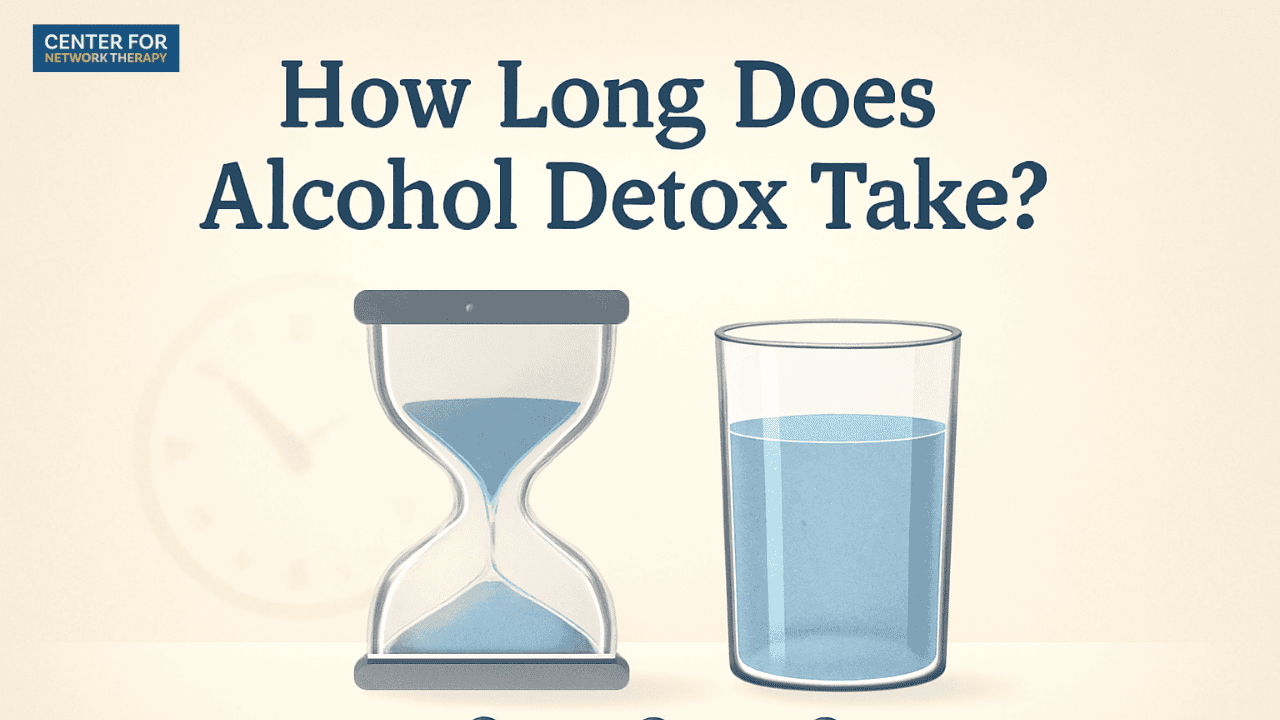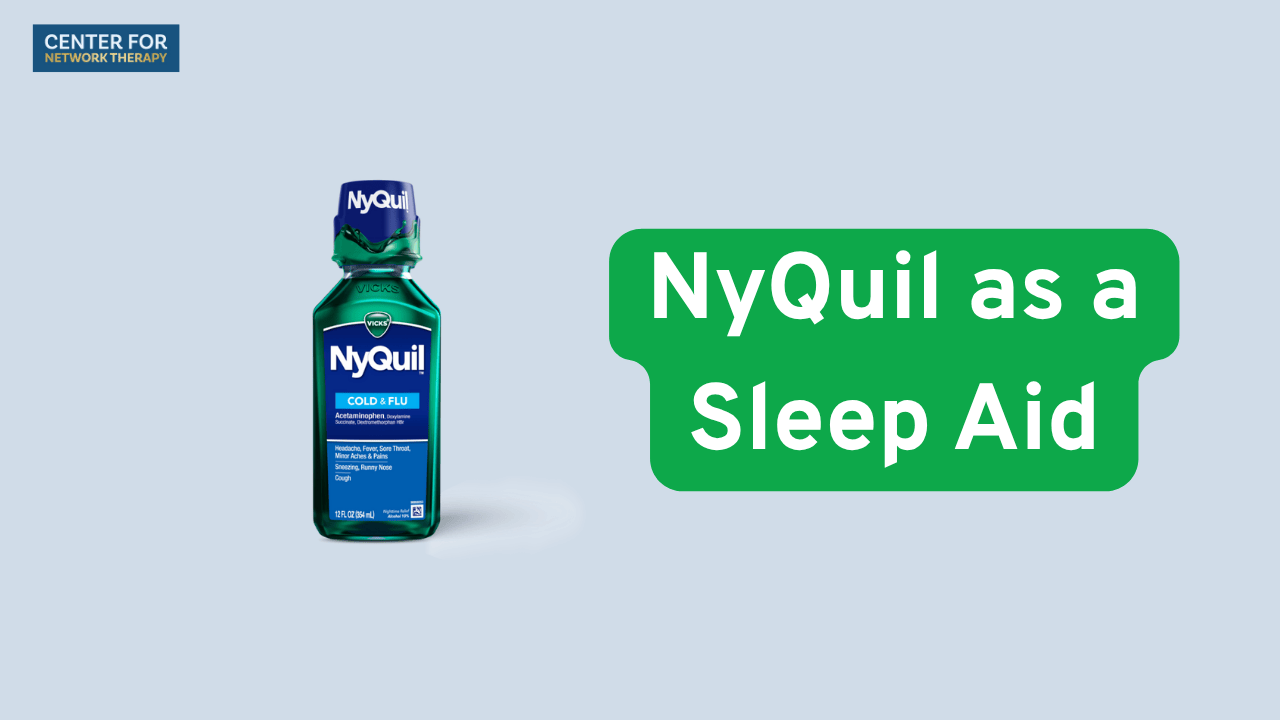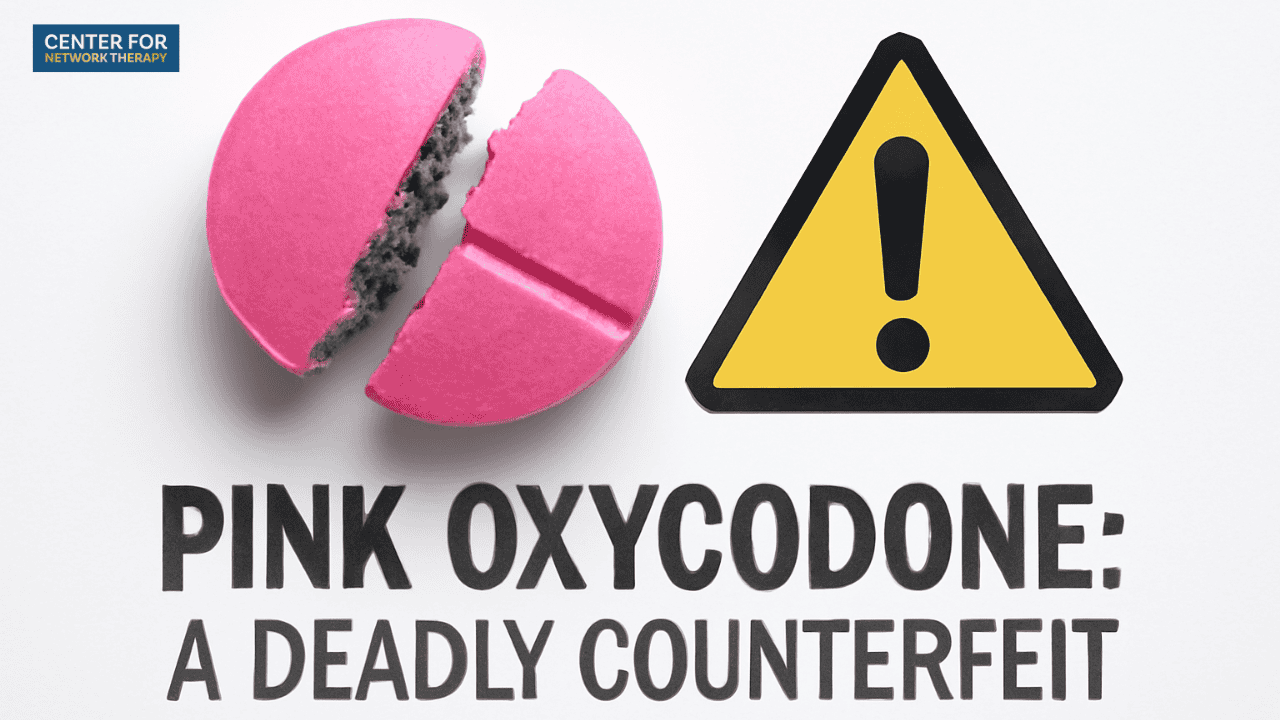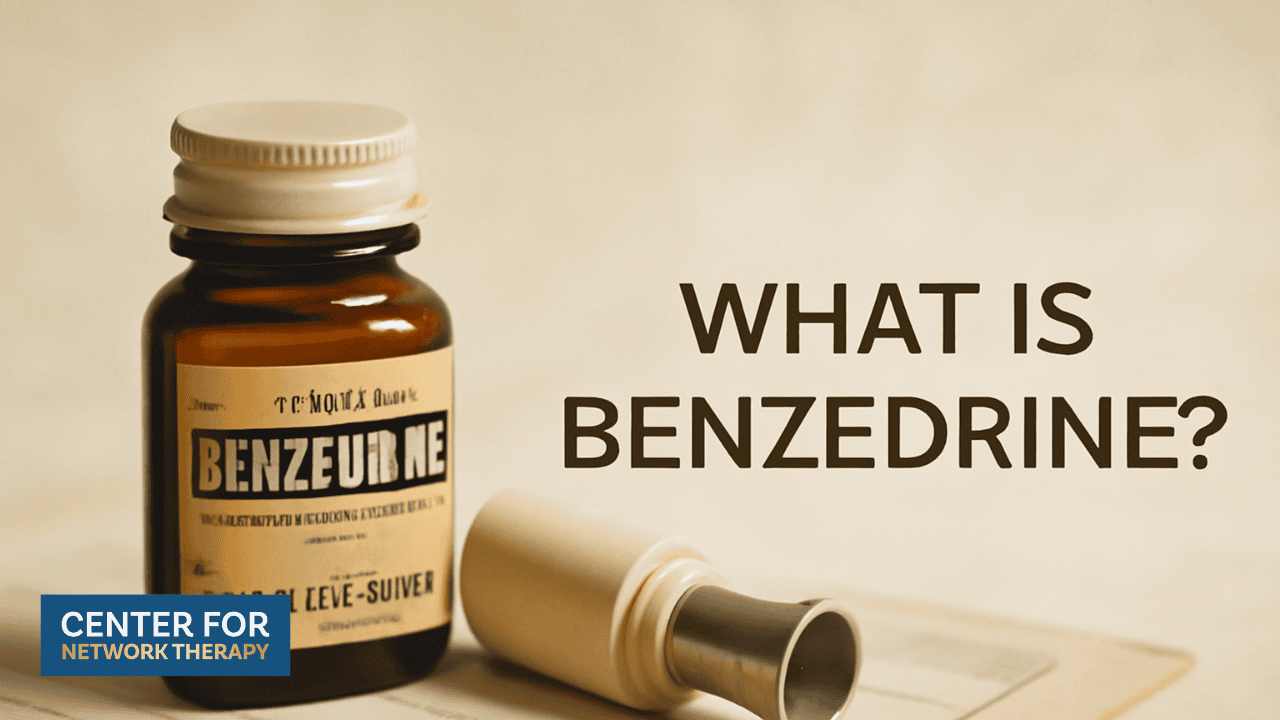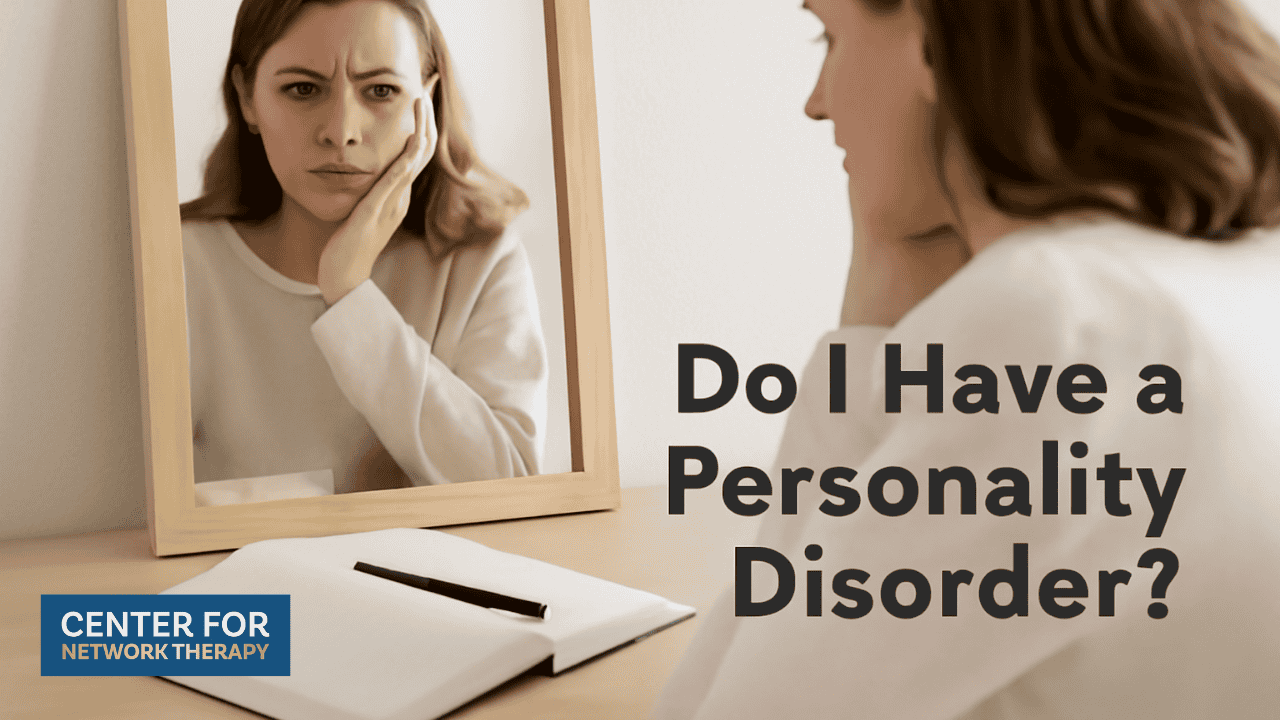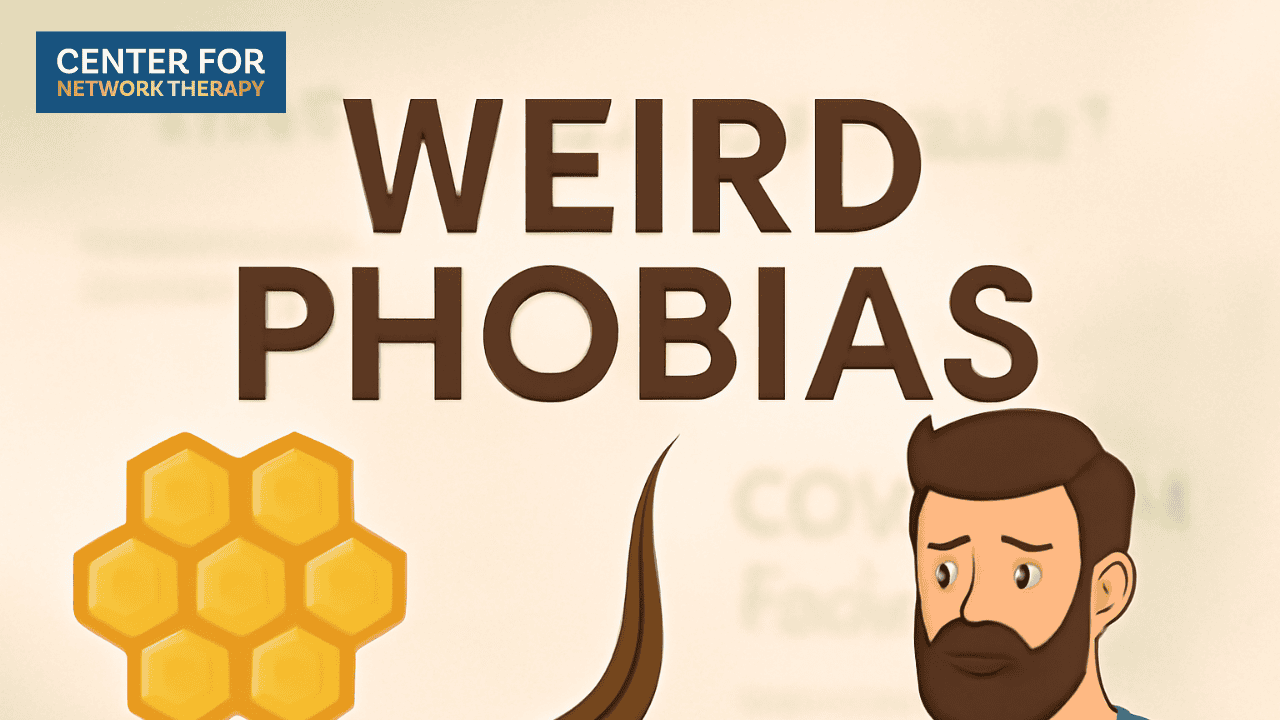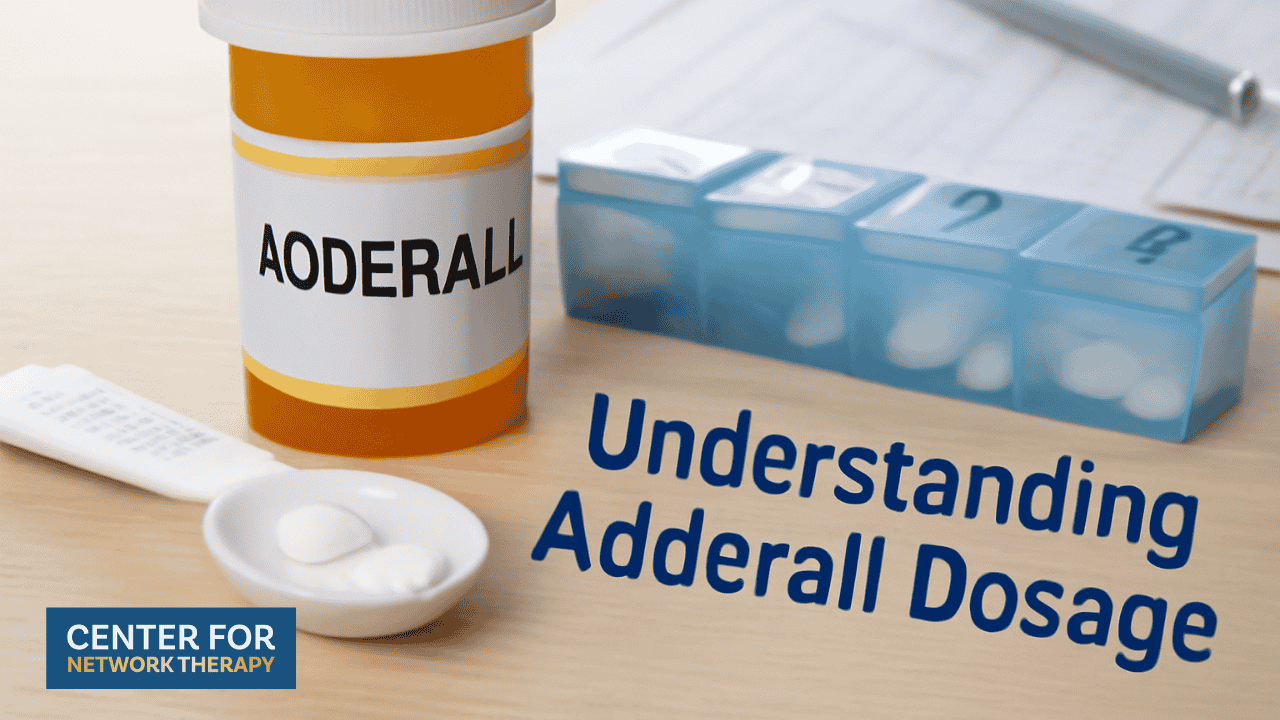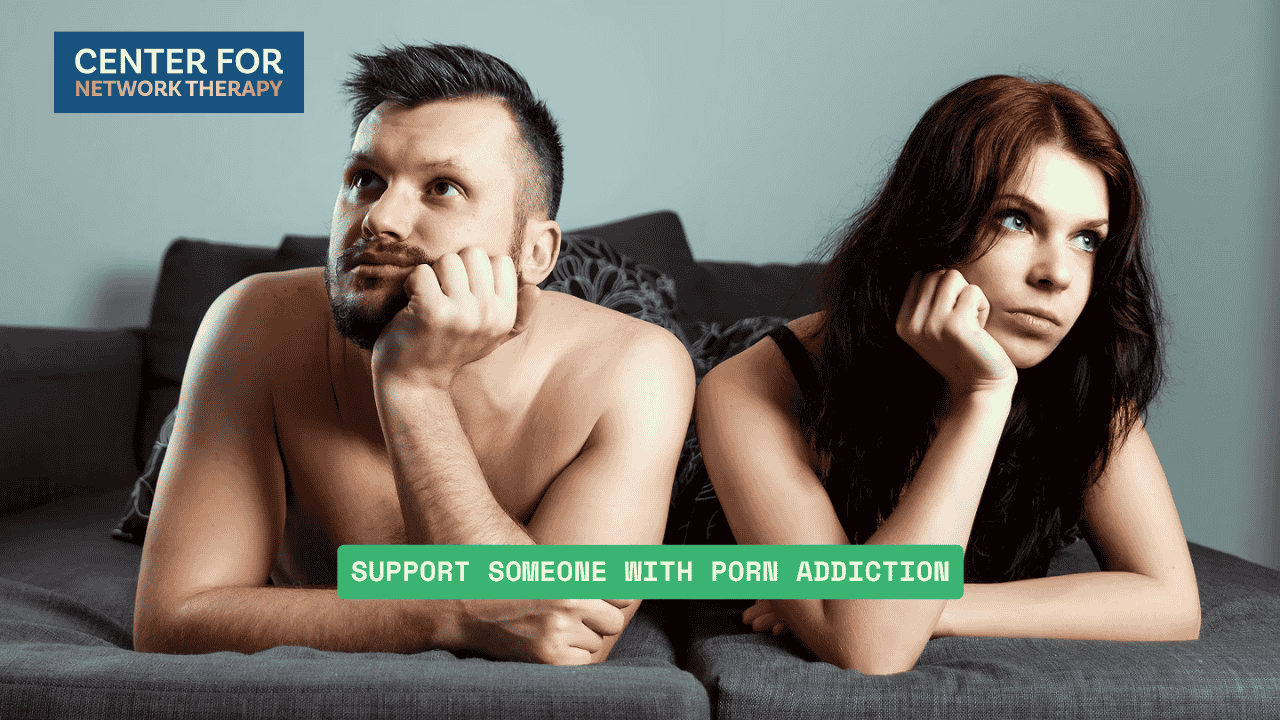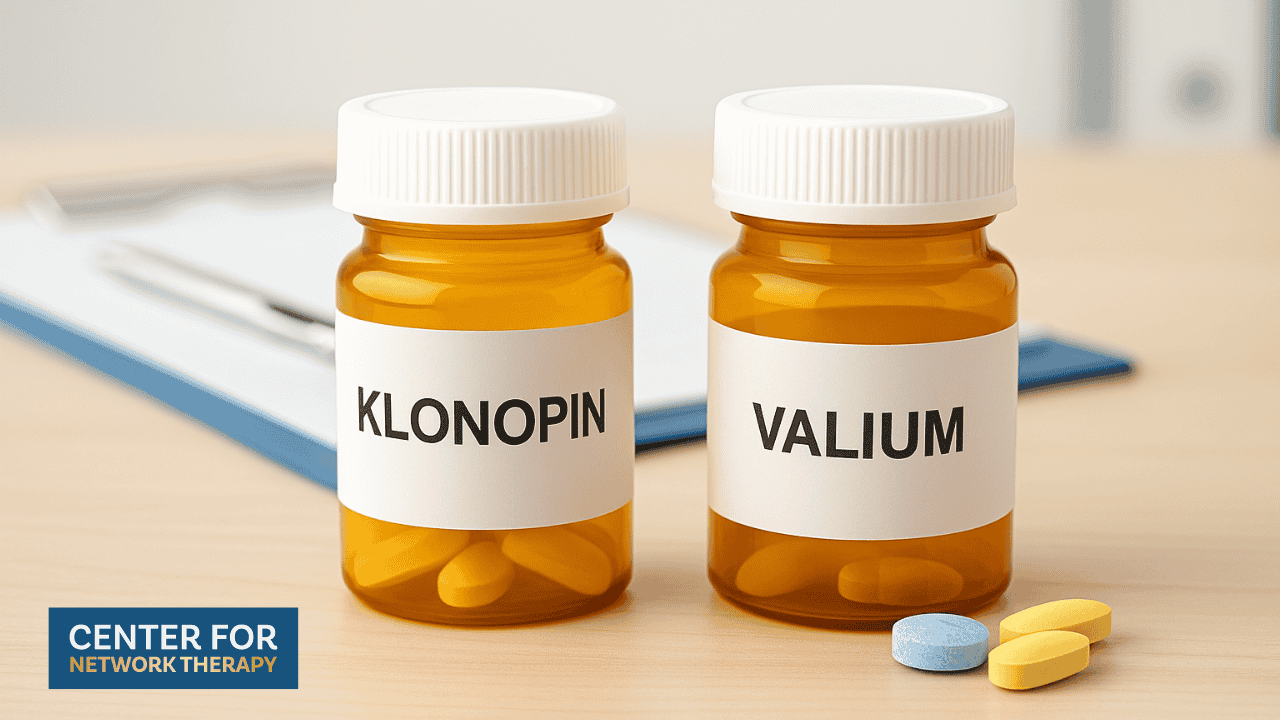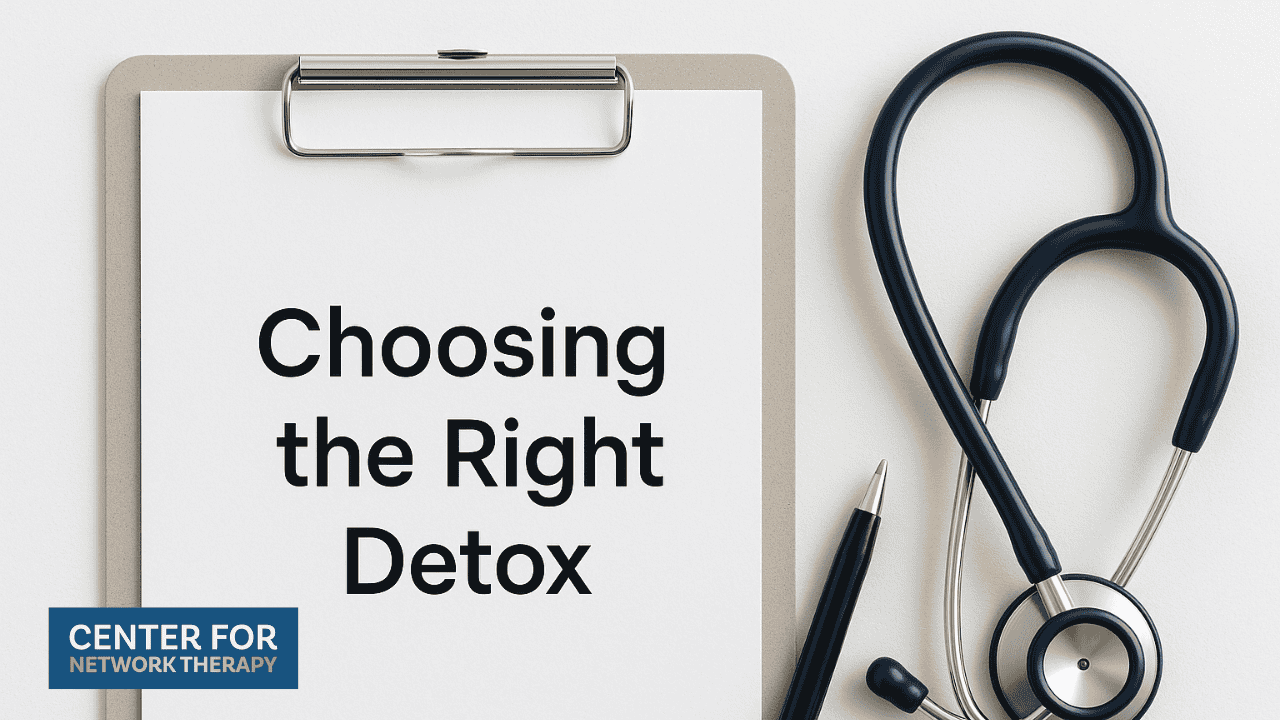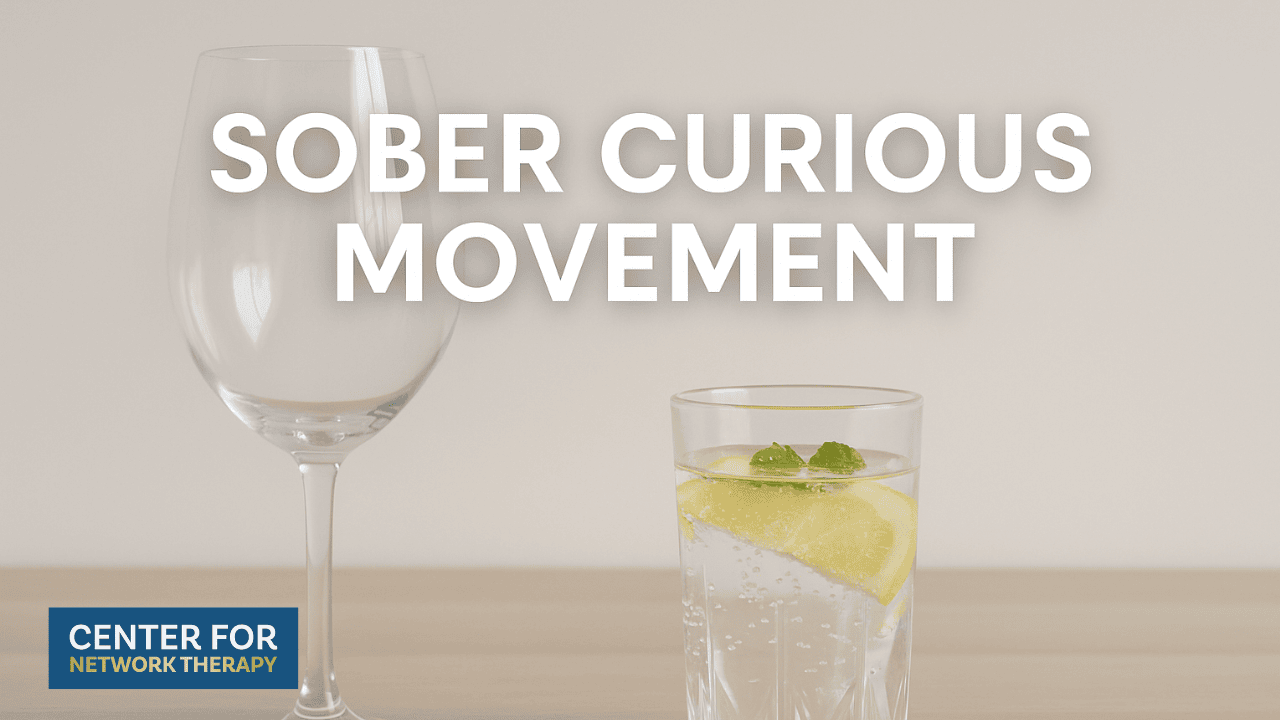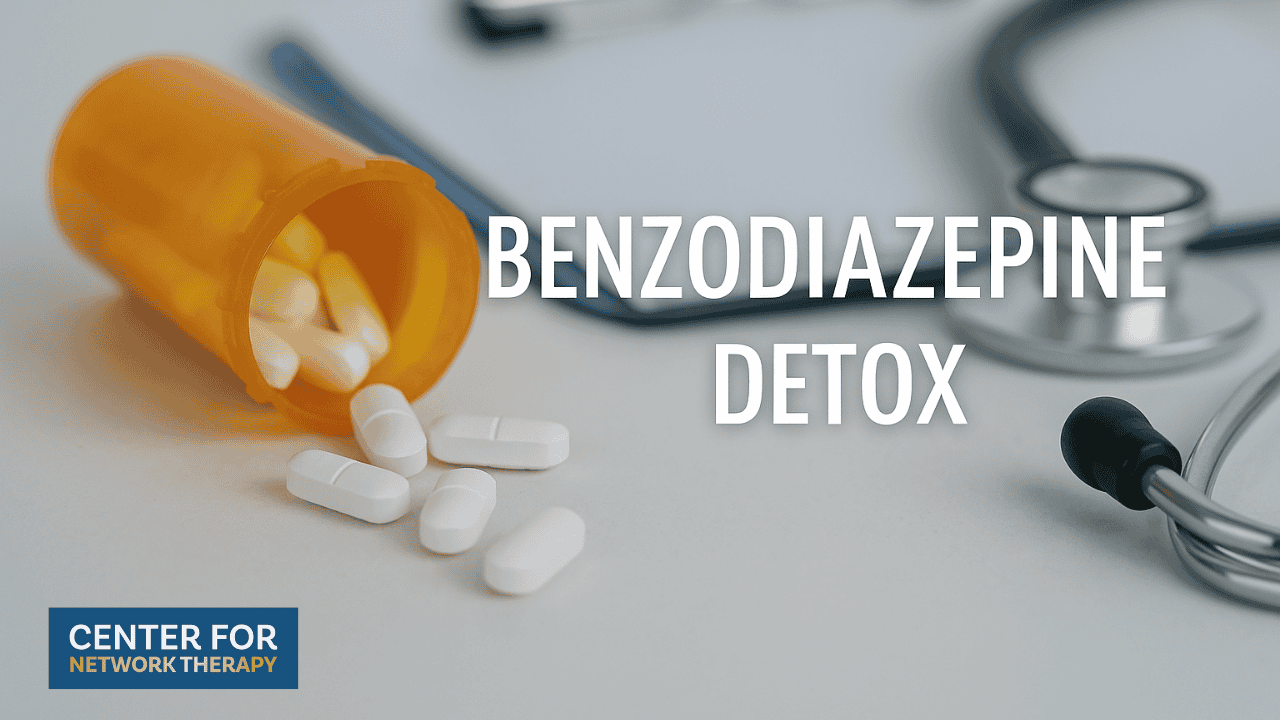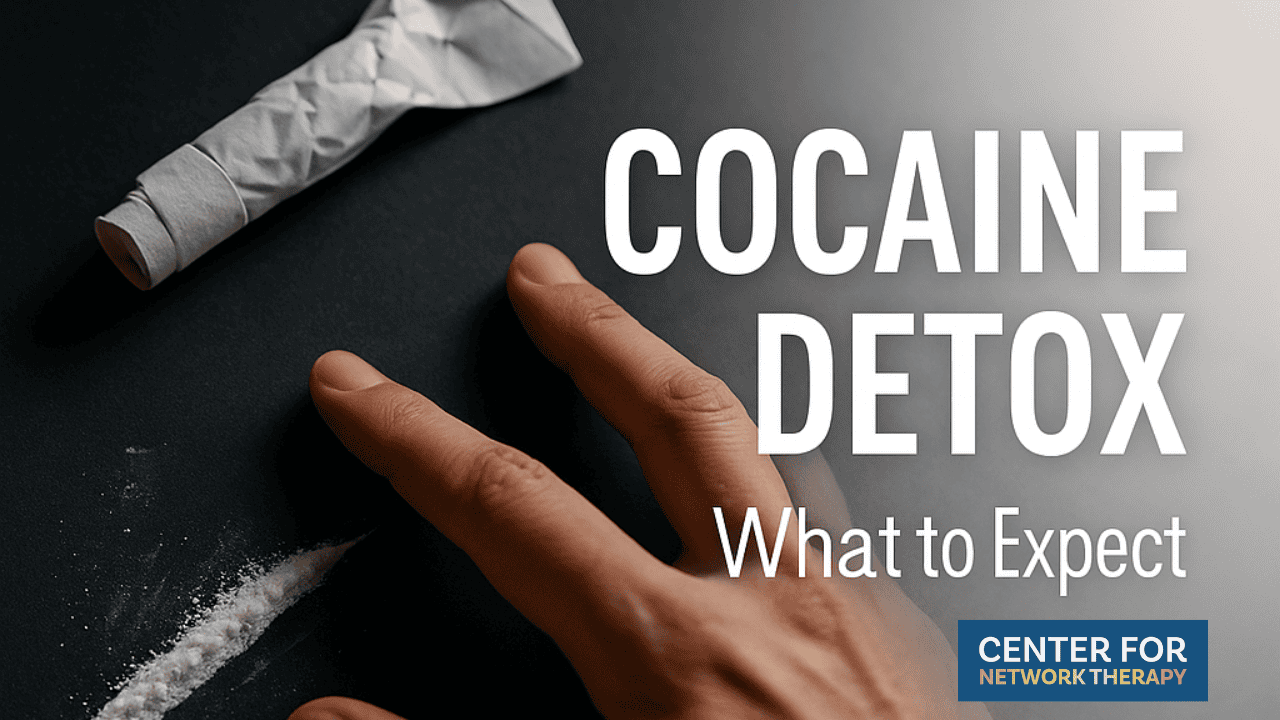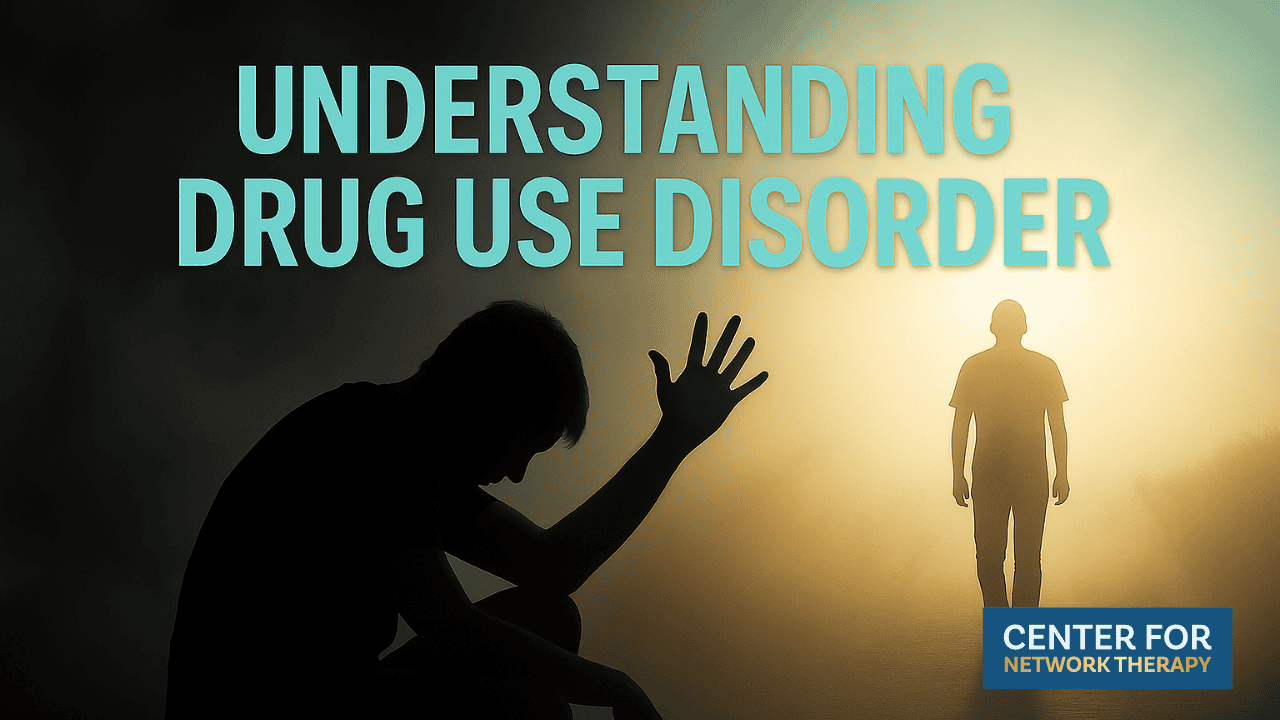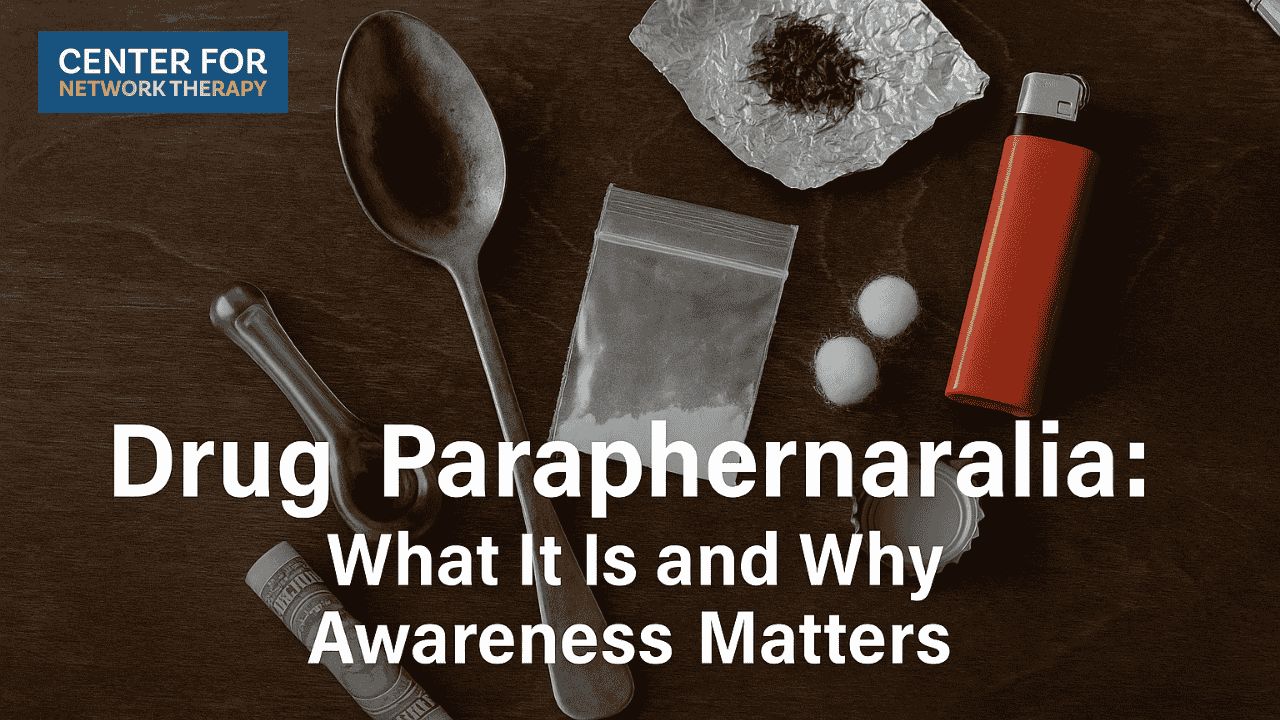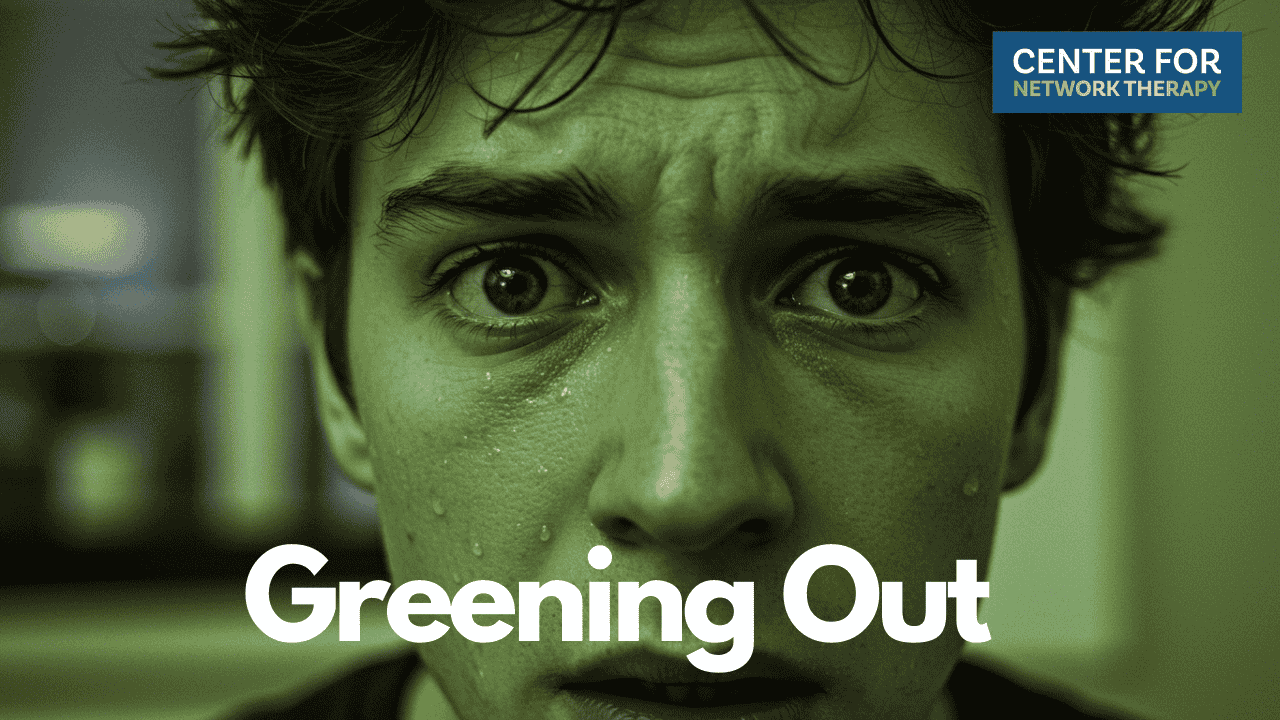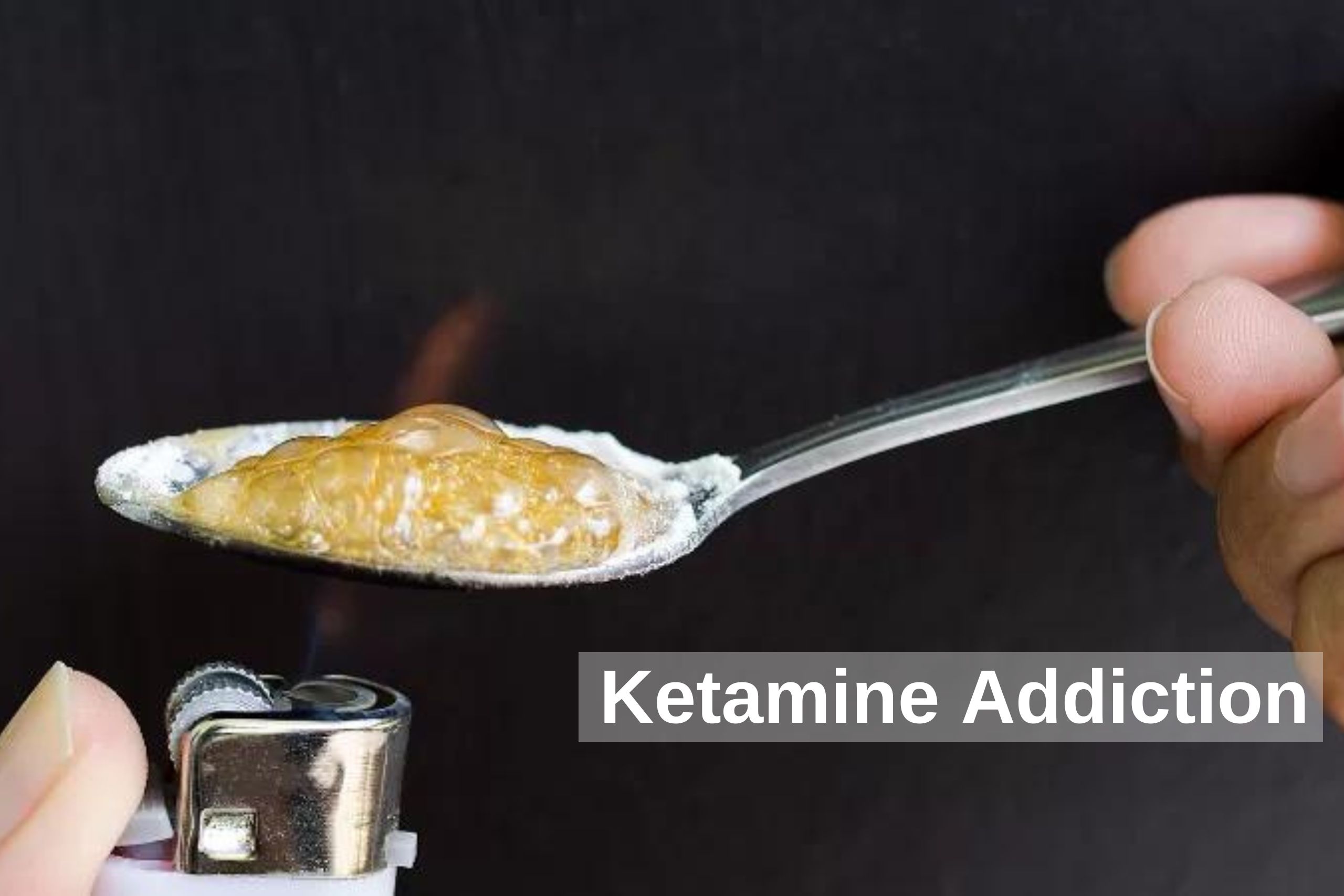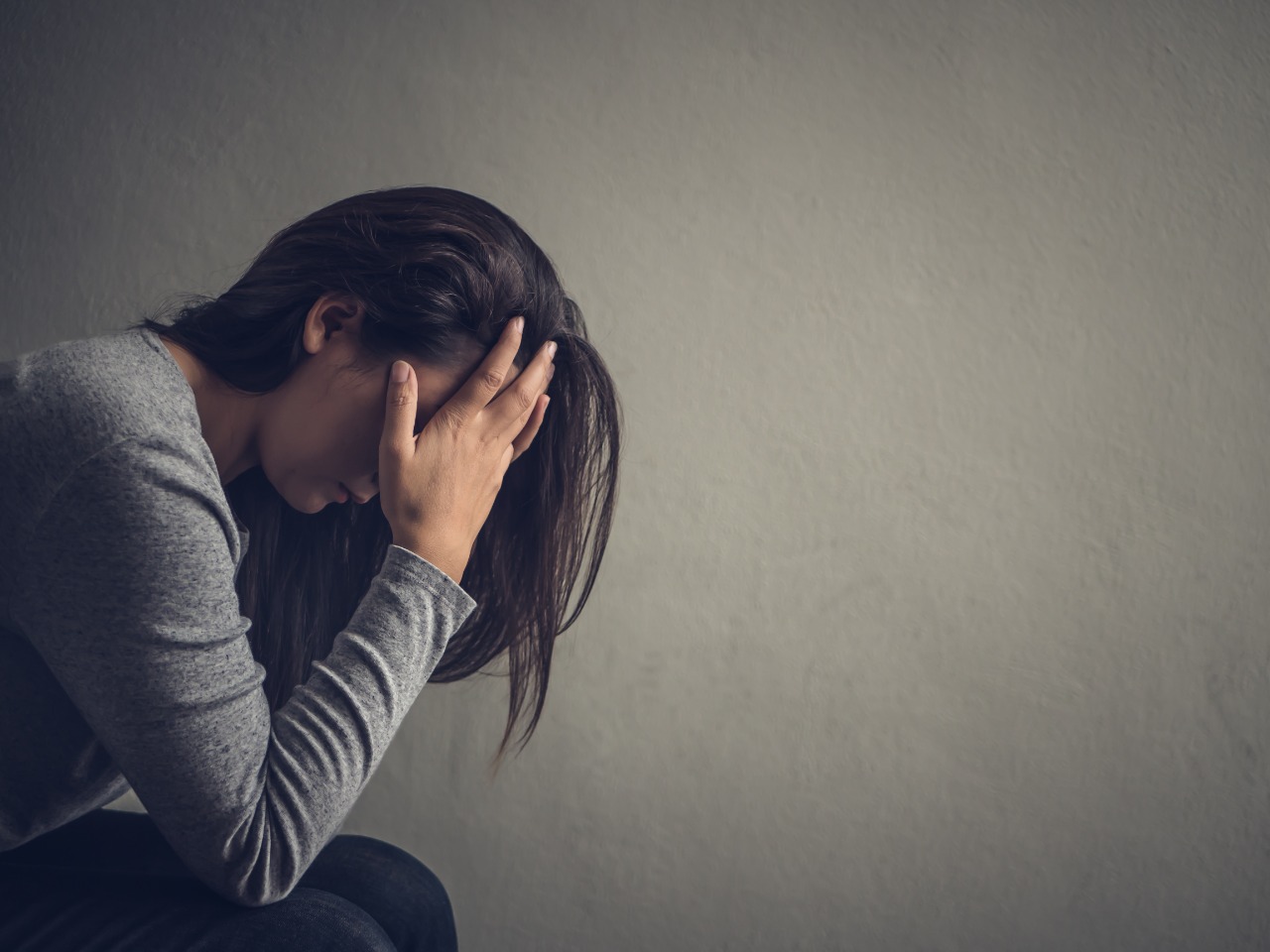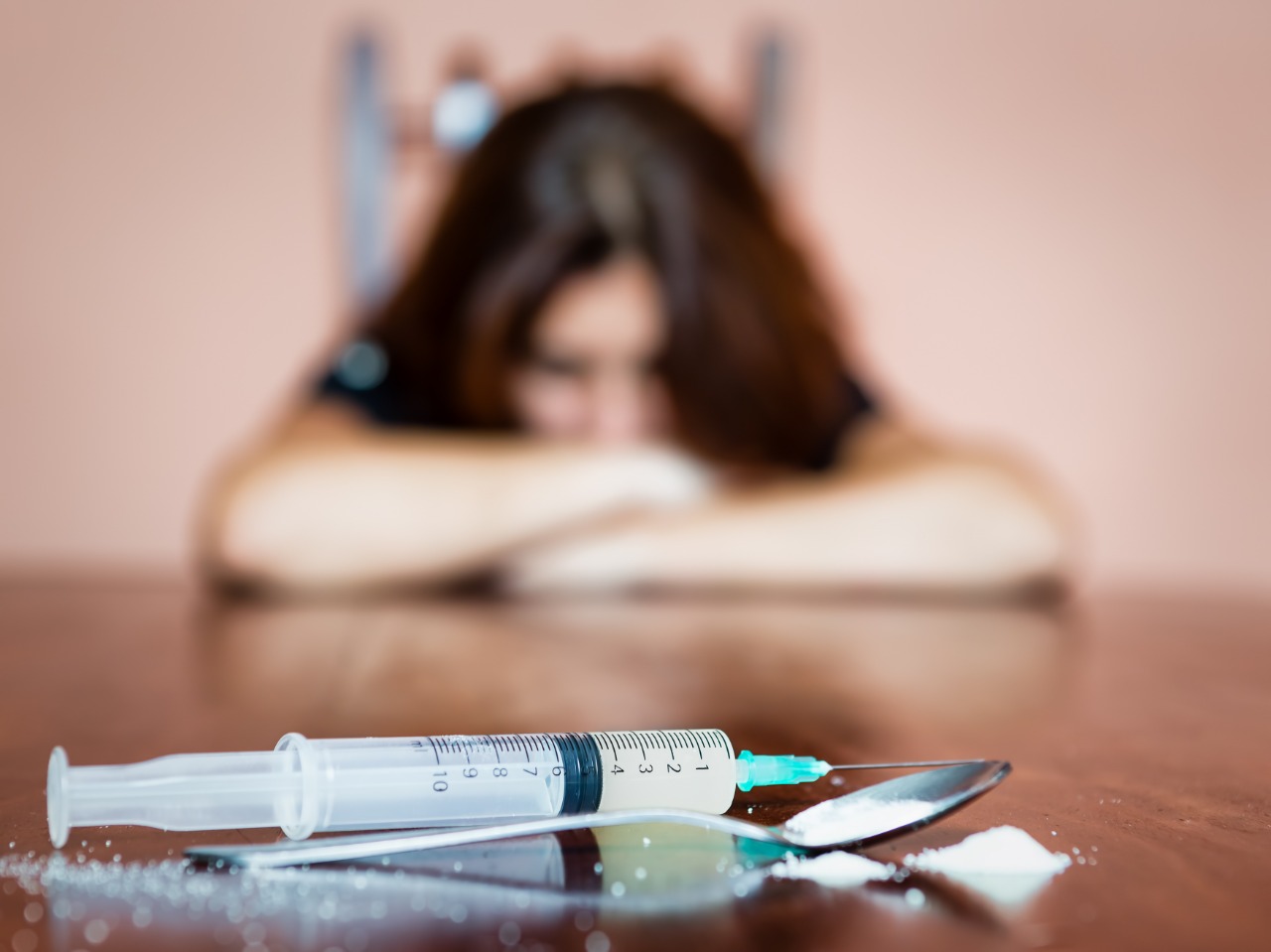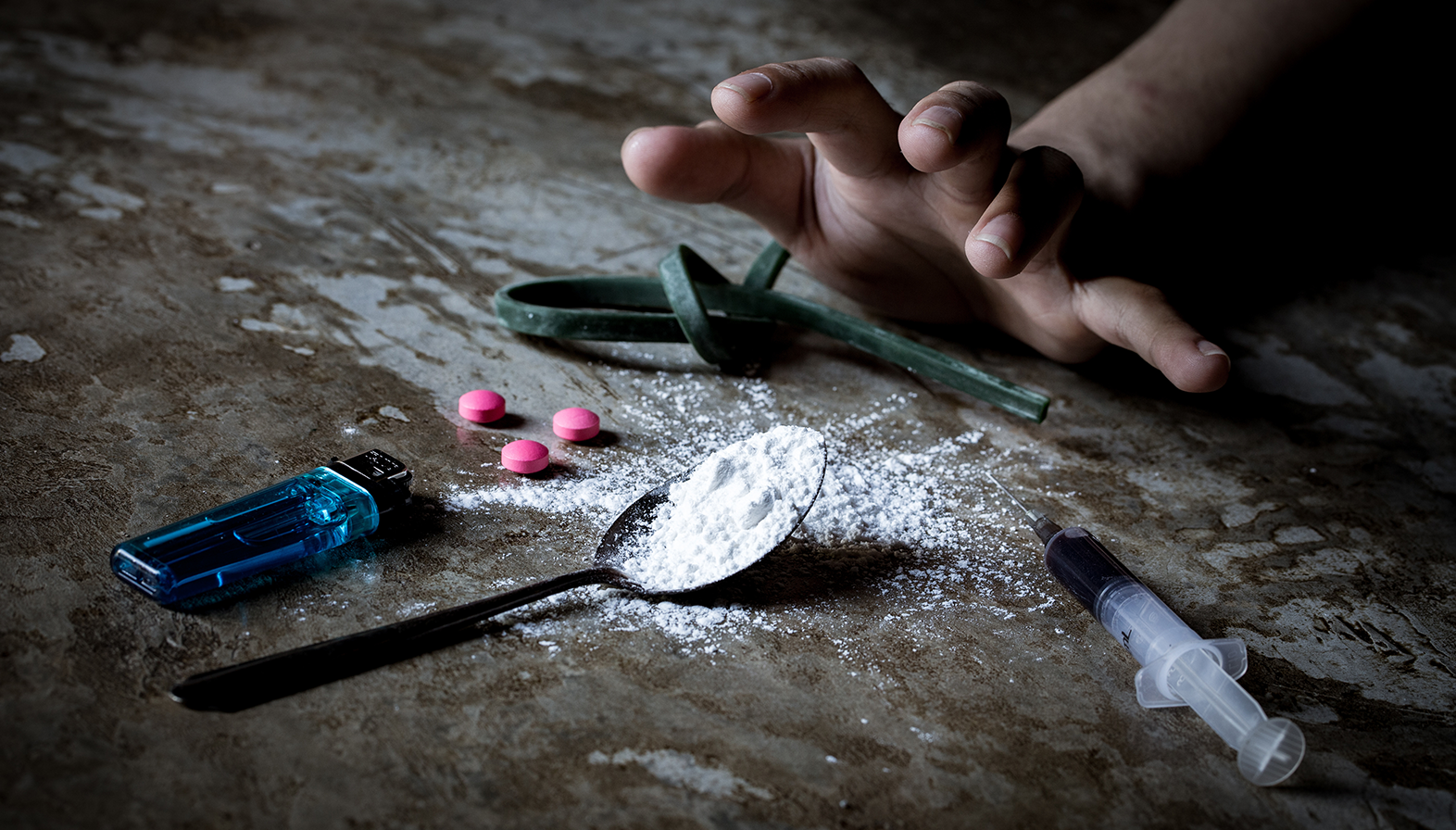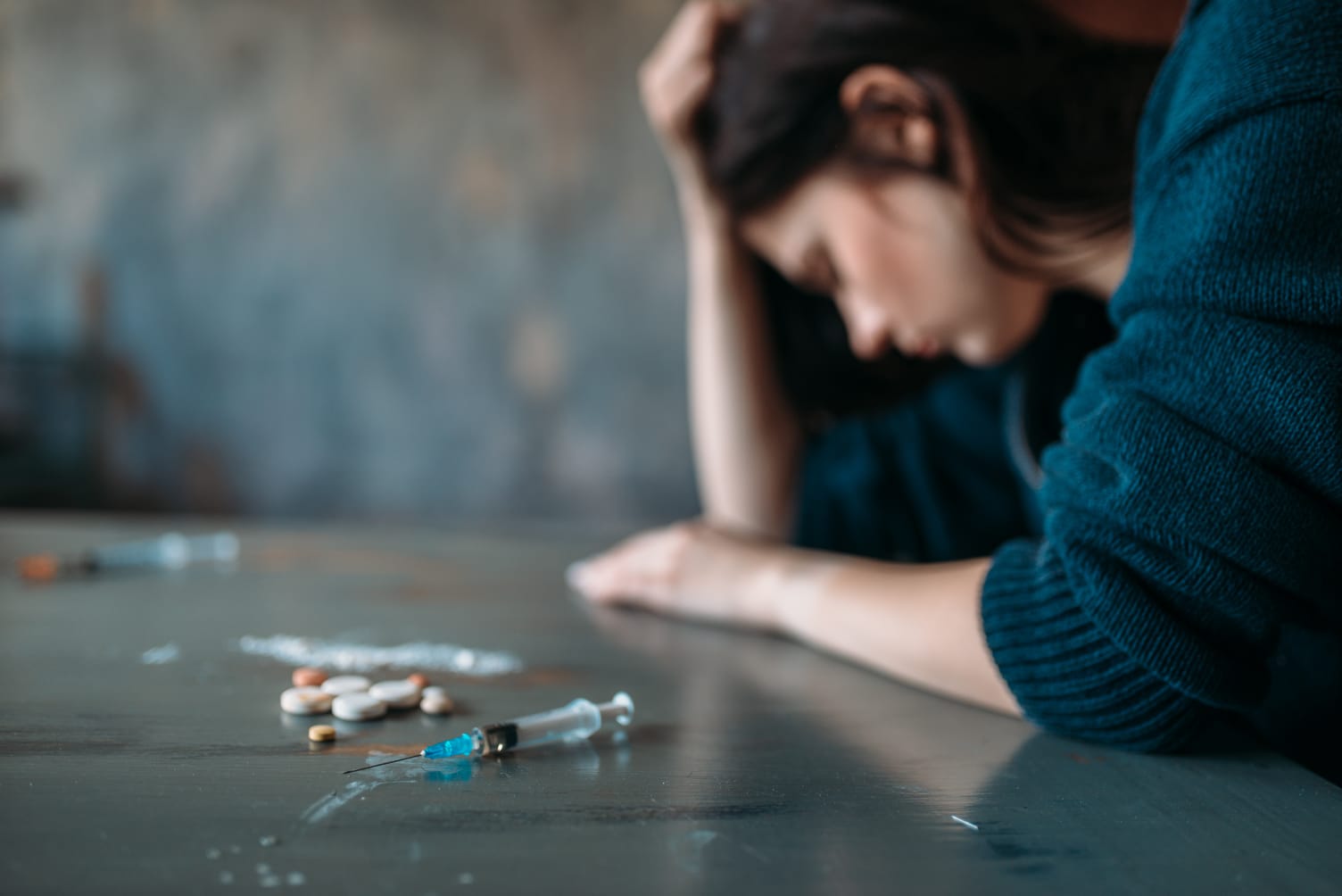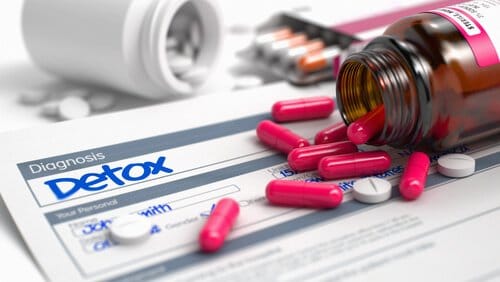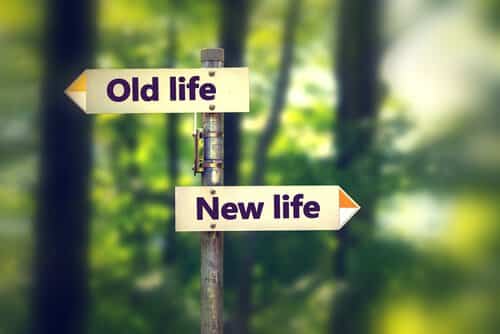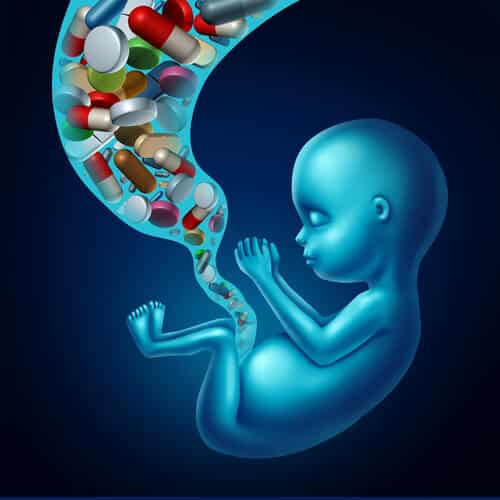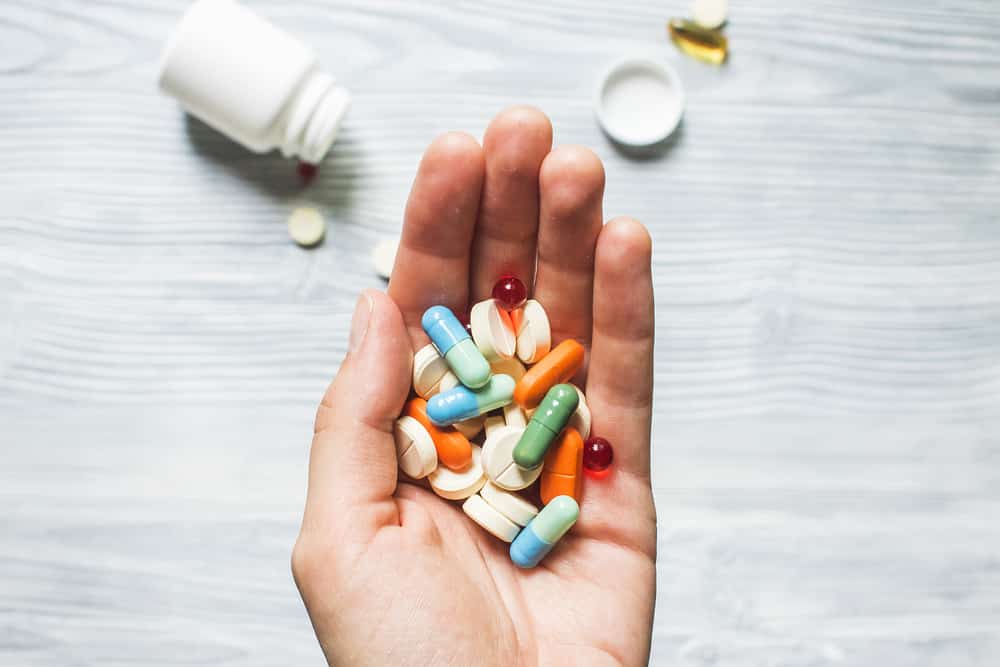Ketamine Treatment for Treatment Resistant Depression Could Save Your Life
Depression is a common ailment that afflicts millions of Americans and it is estimated that 5-6% of the world’s population suffers from depression. Fortunately, there are multiple medications available to treat depression, even if it is diagnosed as ”Major Depressive Disorder.” As people who suffer from chronic depression know, it impacts quality of life severely.
Depression comes under the category of mood disorders. It affects the perspective of a person towards everyday activities and behavior in general. A series of physical and emotional problems accompany depression. In severe cases, the person becomes suicidal. It requires proper diagnosis and treatment.
Symptoms of depression:
Depression affects everyday life, and symptoms include:
- Aggressiveness, Irritability, and restlessness
- Sad, empty feeling, hopeless
- Feeling guilty, withdrawal from social activities, loss of interest in activities.
- Constant fatigue and helplessness
- Little or too much sleep
- Overeating or loss of appetite leads to weight gain or weight loss
- Difficulty in remembering things and making decisions
- Lack of concentration
- Suicidal ideation
Is Depression Treatable?
Absolutely! There a myriad medications available to treat depression. Medications used to treat depression fall into the anti-depressant class or neuro transmitter inhibitors. The length of treatment depends on the degree of depression faced by a patient. It also depends on social and environmental factors. Inclusion of therapies such as Psychotherapy, Cognitive Behavioral Therapy, Psychodynamic Therapy, Light Therapy, Electroconvulsive Therapy (in severe cases) may help to increase treatment efficacy.
The not so well-known fact about depression is that none of the myriad medications available to treat depression work on about 30% of people suffering from depression. What alternative do they have? Before Ketamine, sold under the brand name “Spravato”, was approved by the FDA to help people suffering from treatment resistant depression, the individuals had pretty much resigned themselves to live with depression or had turned to drugs and alcohol in order to self-medicate and obtain a measure of relief.
Ketamine Could be Magic, but What is Ketamine?
Ketamine is an anesthetic, used more widely in the veterinary industry than on humans. Ketamine is available on the streets as a drug and can be abused. Ketamine is highly addictive. At high doses It causes a dissociative effect where the person using it gets cut off from reality. It leads to distorted feelings, sensory distortions, and unusual fantasies. Ketamine administered to agitated people helps to calm them down.
Ketamine for Treatment Resistant Depression:
Ketamine is a drug of abuse, but street ketamine has been used by people with depression to obtain relief from when available anti-depressants do not work, or when they have no access to behavioral health care.
The FDA approved Spravato, a branded ketamine mist, for treatment of chronic, treatment-resistant depression after other anti-depressants have been tried.
Benefits of Ketamine treatment for Depression
Traditional anti-depressants take weeks to take effect and can be frustrating for the patient. Like we mentioned before, some people suffering from depression do not even benefit from anti-depressants. Besides medications, people may need various therapies in order to obtain relief. Ketamine leads to the formation of Glutamate, which triggers the brain to form new neural connections. The best part of ketamine treatment in New Jersey is that the results are instantaneous and the effects last 2-3 months before another shot is needed.
It helps develop a positive attitude and behavior, an effect not seen with antidepressants. It gives results faster than other methods, and its results are long-lasting.
Causes of Depression:
Biochemistry– People with depression tend to have chemical differences in the brain. These chemical differences affect the part of the brain that controls mood, thoughts, appetite, and sleep.
Personality– Personality plays a crucial role in how life situations affect a person. People with low self-esteem or chronic pessimistic outlook are more likely to experience depression.
Hormones- Sudden changes in hormones can trigger depression. Hormonal imbalances during pregnancy, after childbirth, thyroid problems, menopause, and others lead to mood swings and depression.
Genetics– A family history of depression is likely to put one at high risk of developing depression. When diagnosing a patient with depression, knowing the genetic history is crucial.
Somatopsychic reasons– People suffering from diseases like cancer, stroke, Alzheimer’s, chronic physical pain, and others can develop negative attitudes and depression.
Environment– Constant exposure to violence, poverty, and abuse can make one more likely to develop depression.
Substance abuse– Depression is common among people with a history of alcohol consumption, smoking, and drug abuse.
Medications– Certain medications can also put one at risk of getting depression, such as medicines for high blood pressure, Insomnia, sleep apnea, and others.
Vitamin D deficiency– Vitamin D deficiency can also lead to depression. People in countries that receive less sunlight are more prone to depression than people in countries that receive an ample quantity of it.
Related Articles
Ketamine Treatment and Relapse





